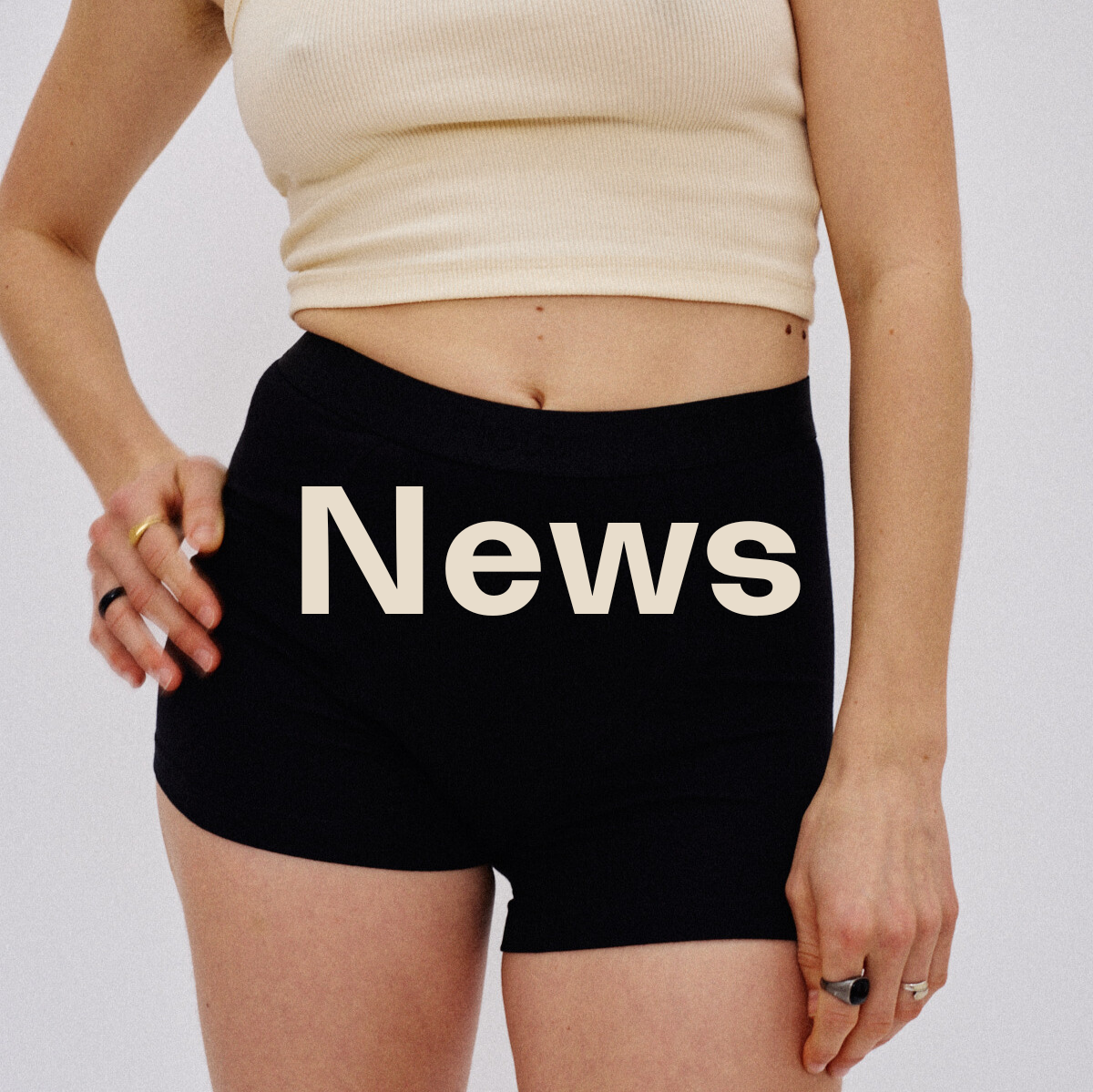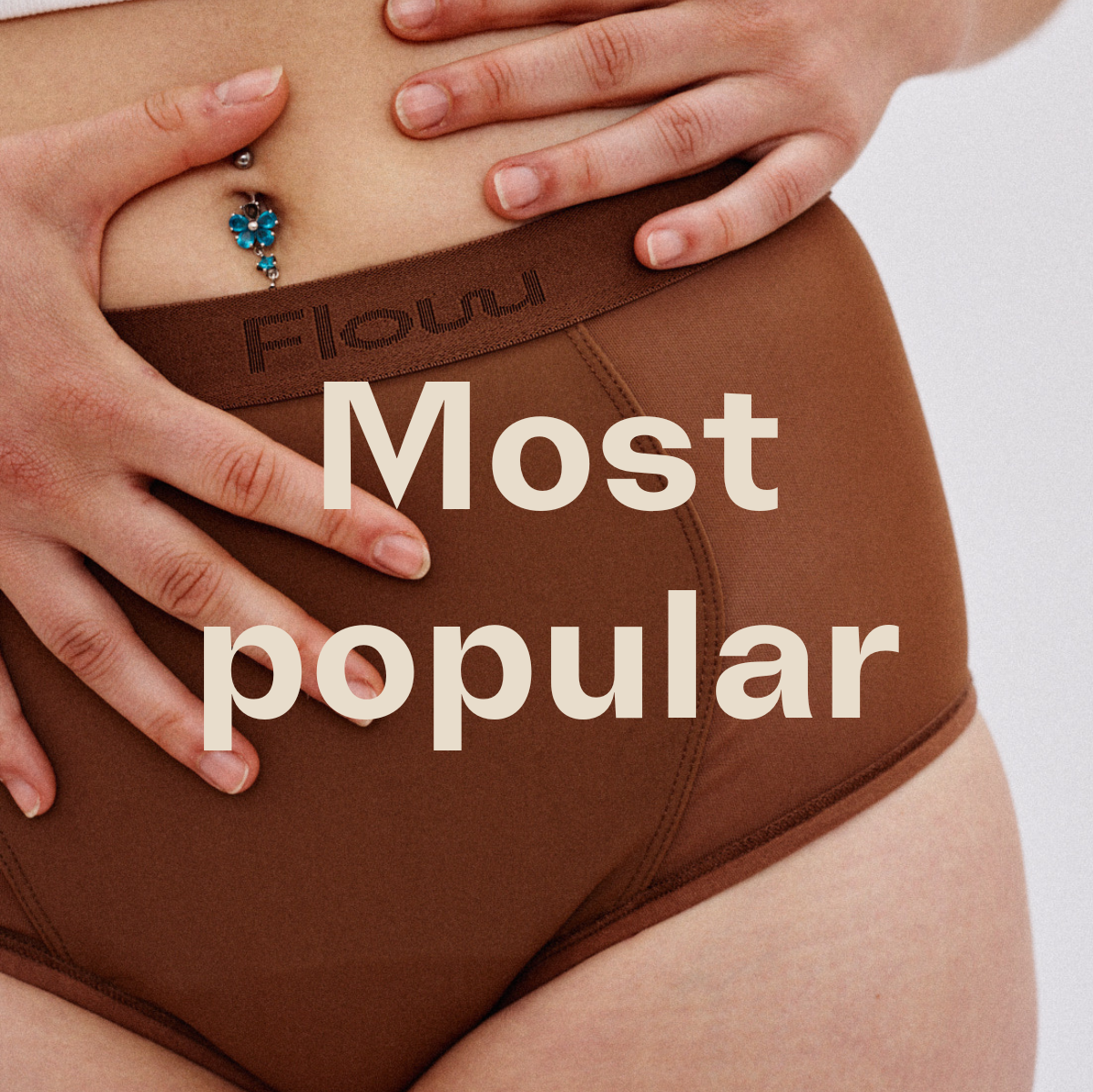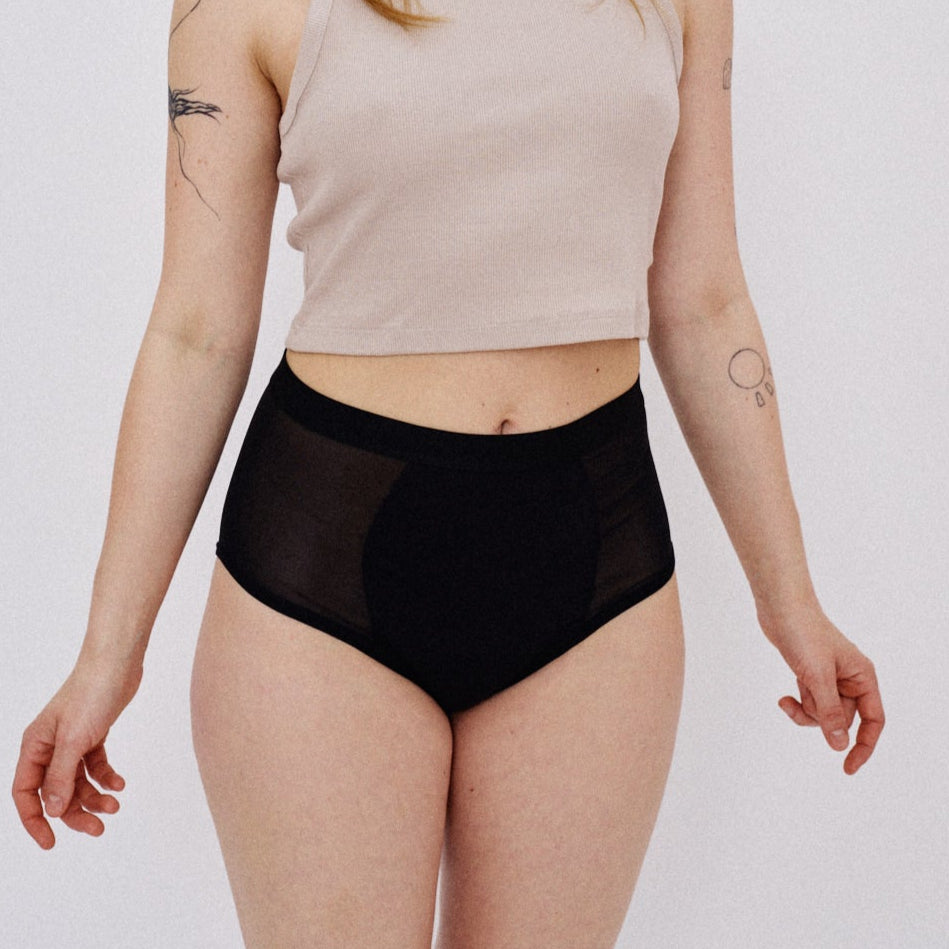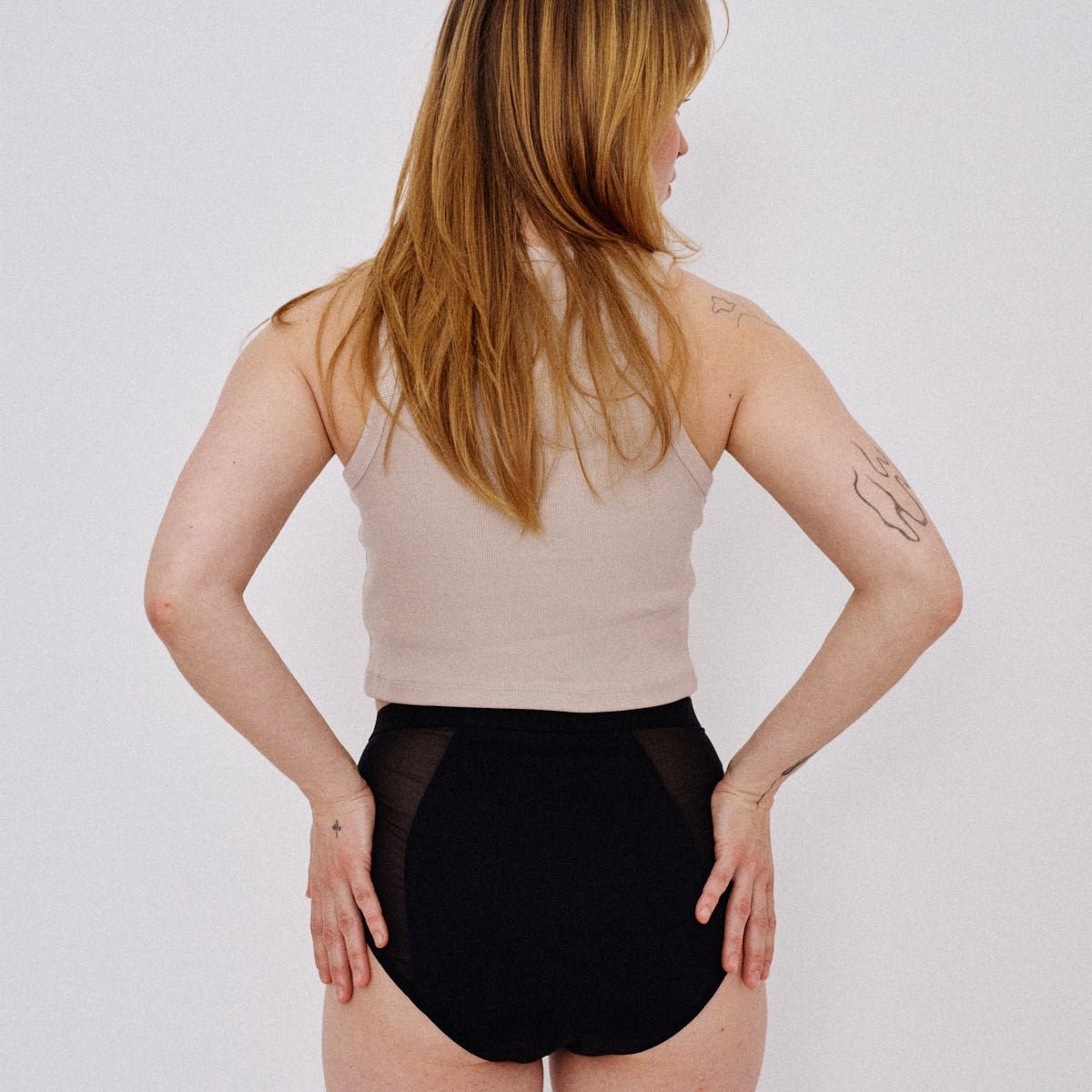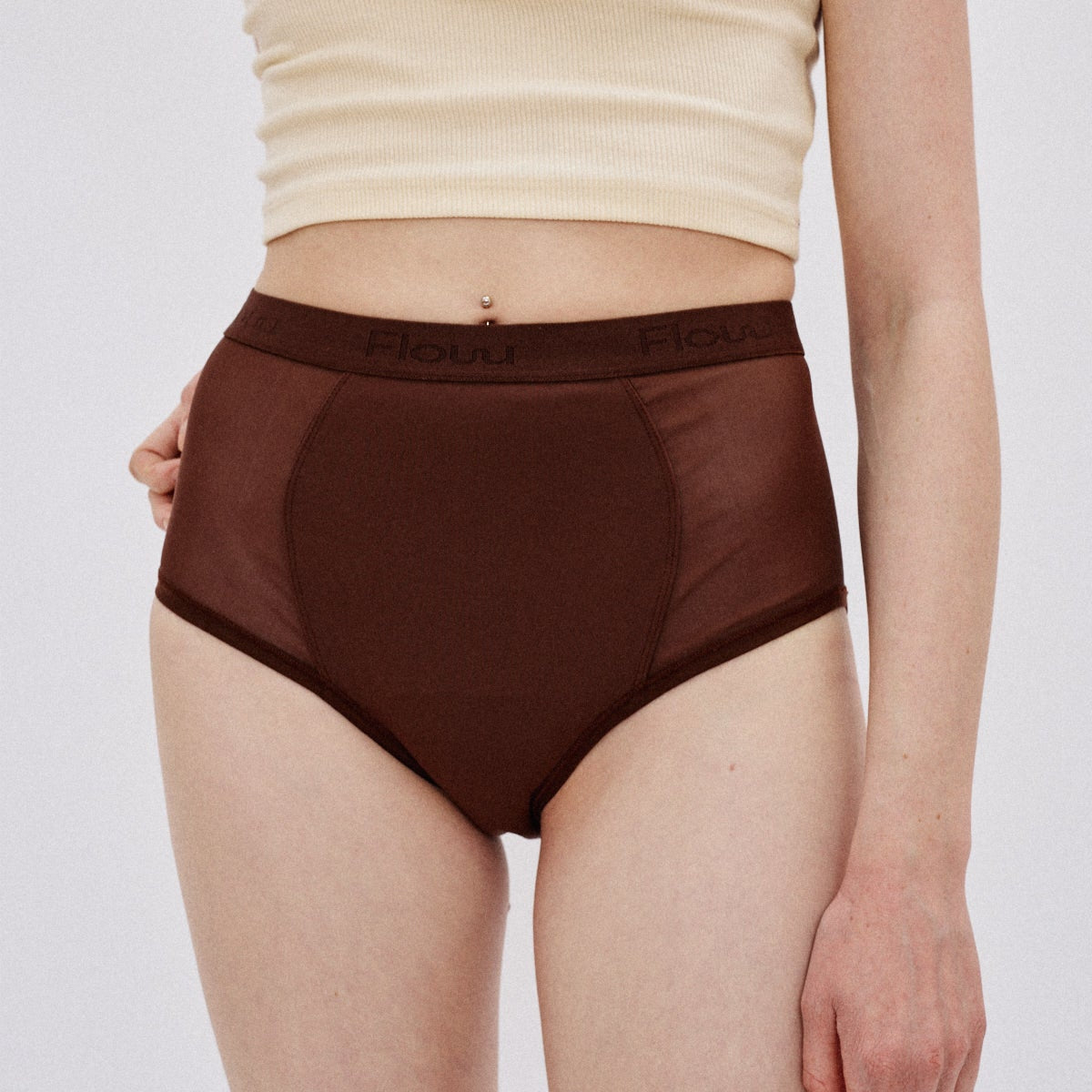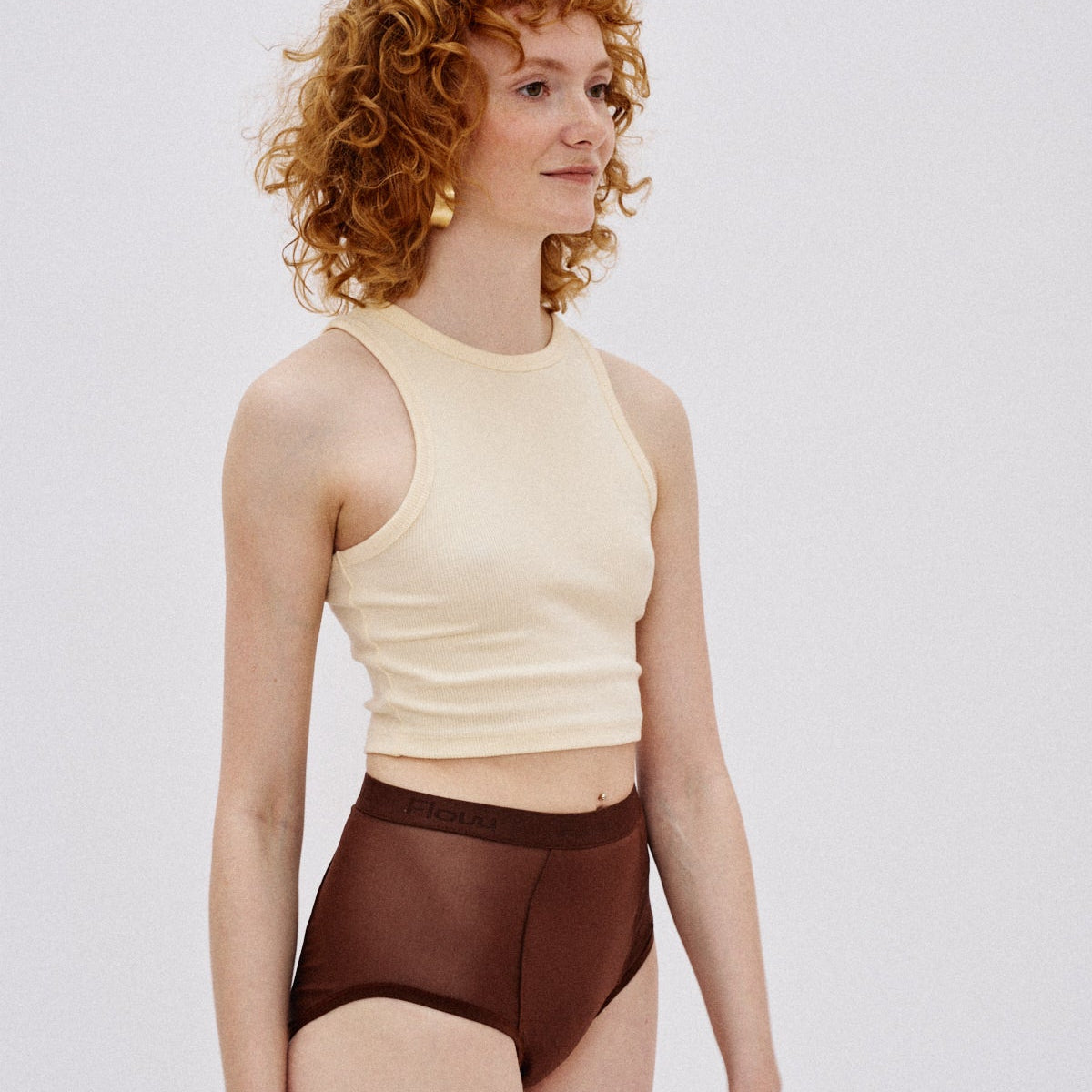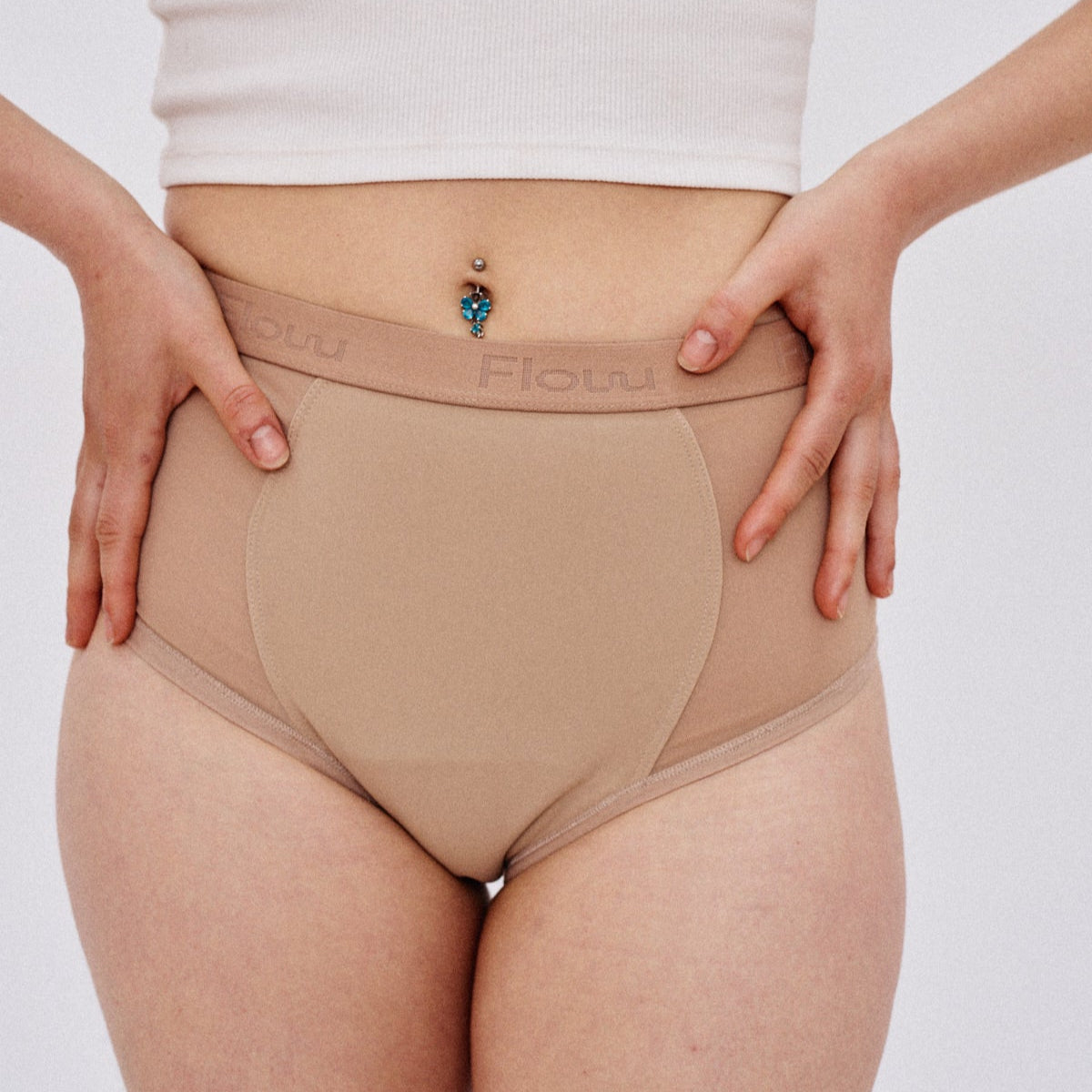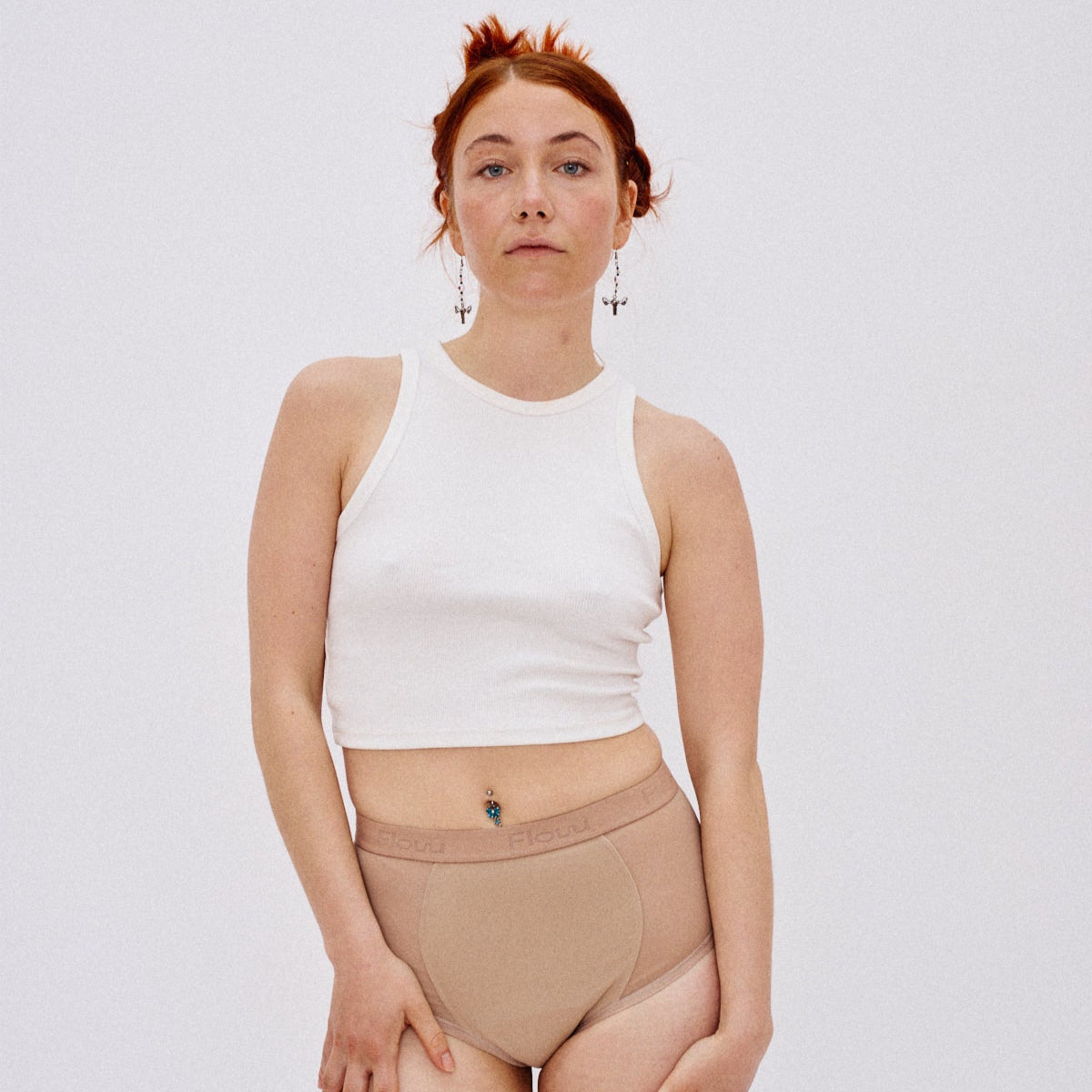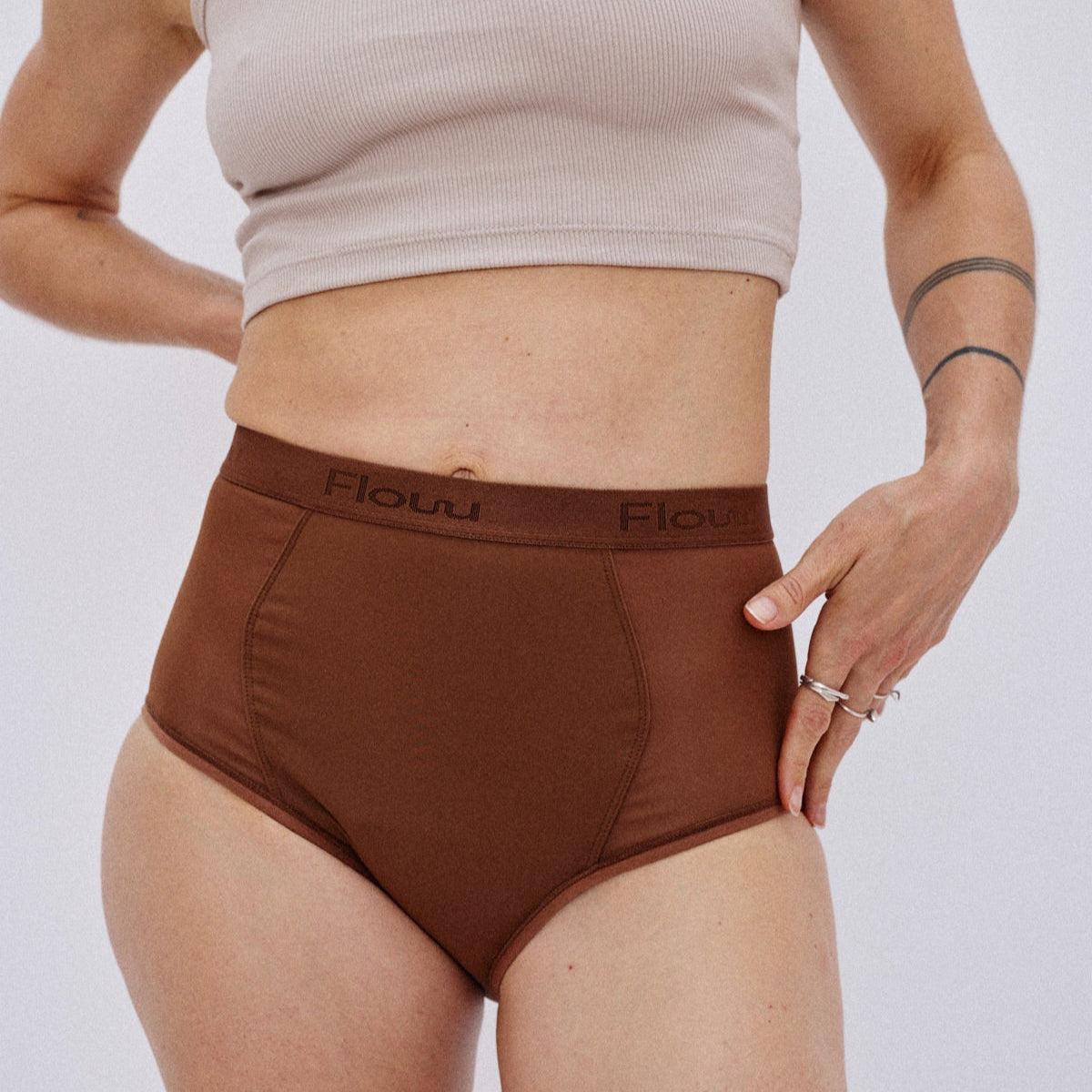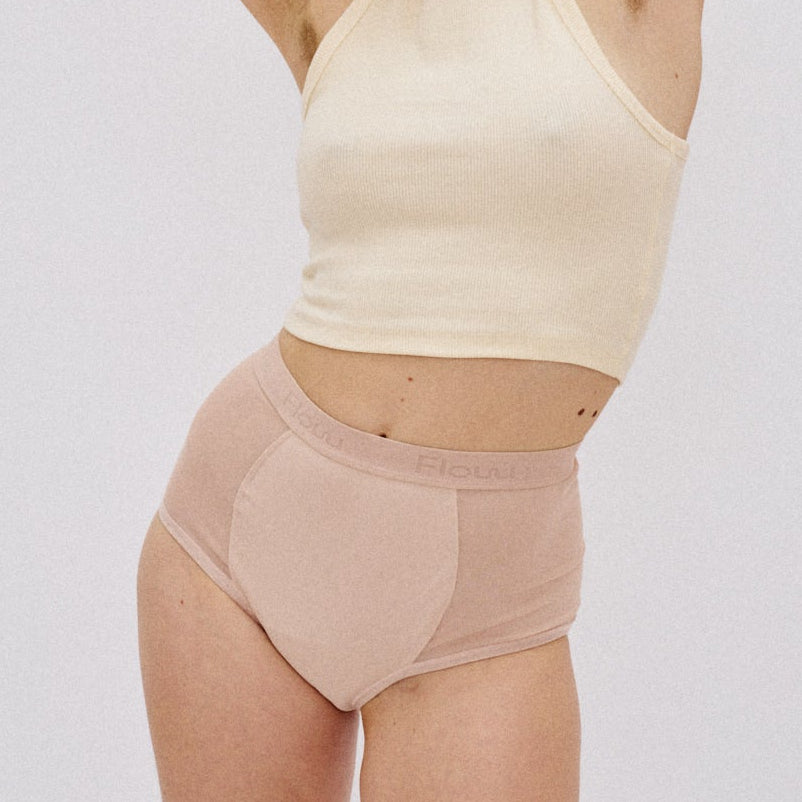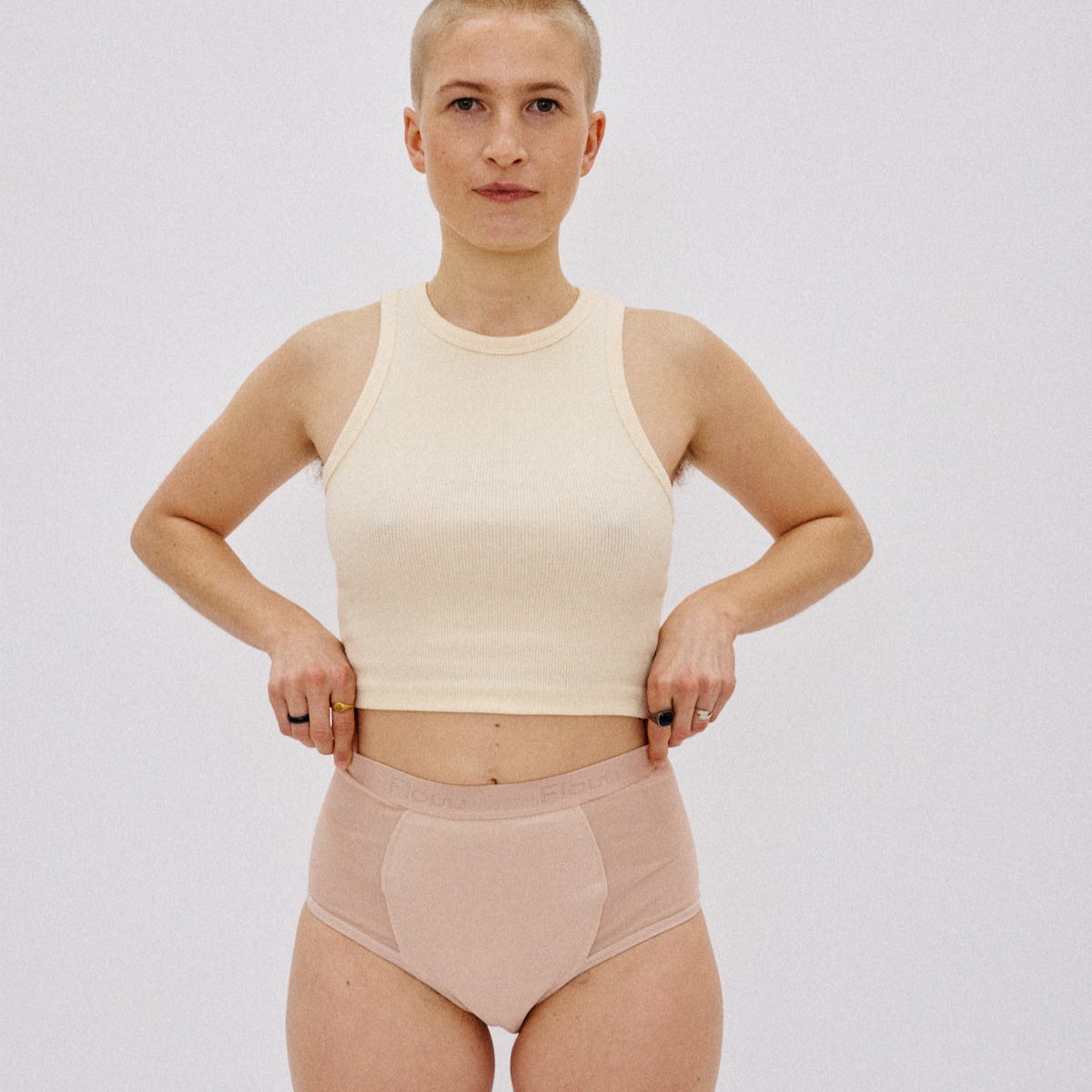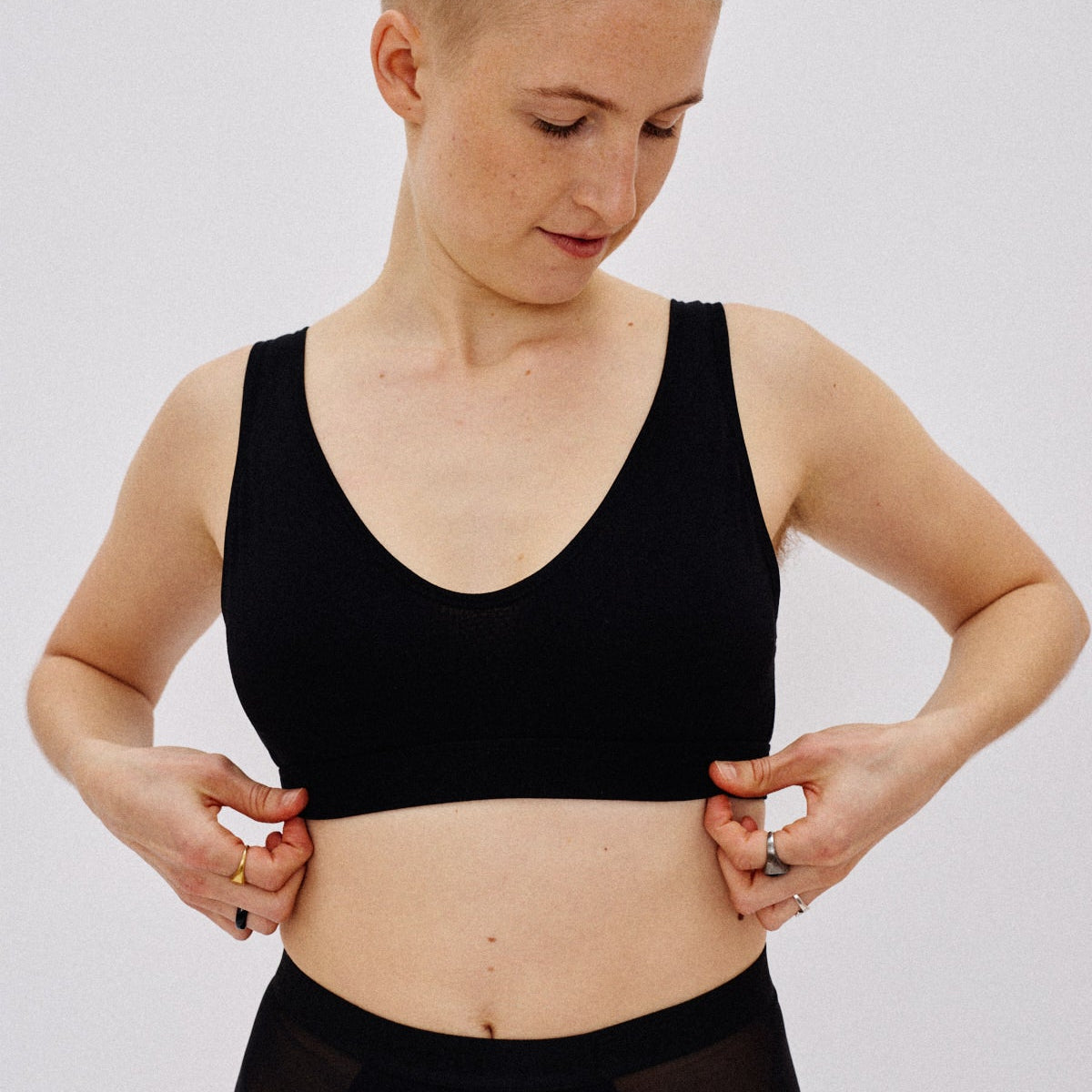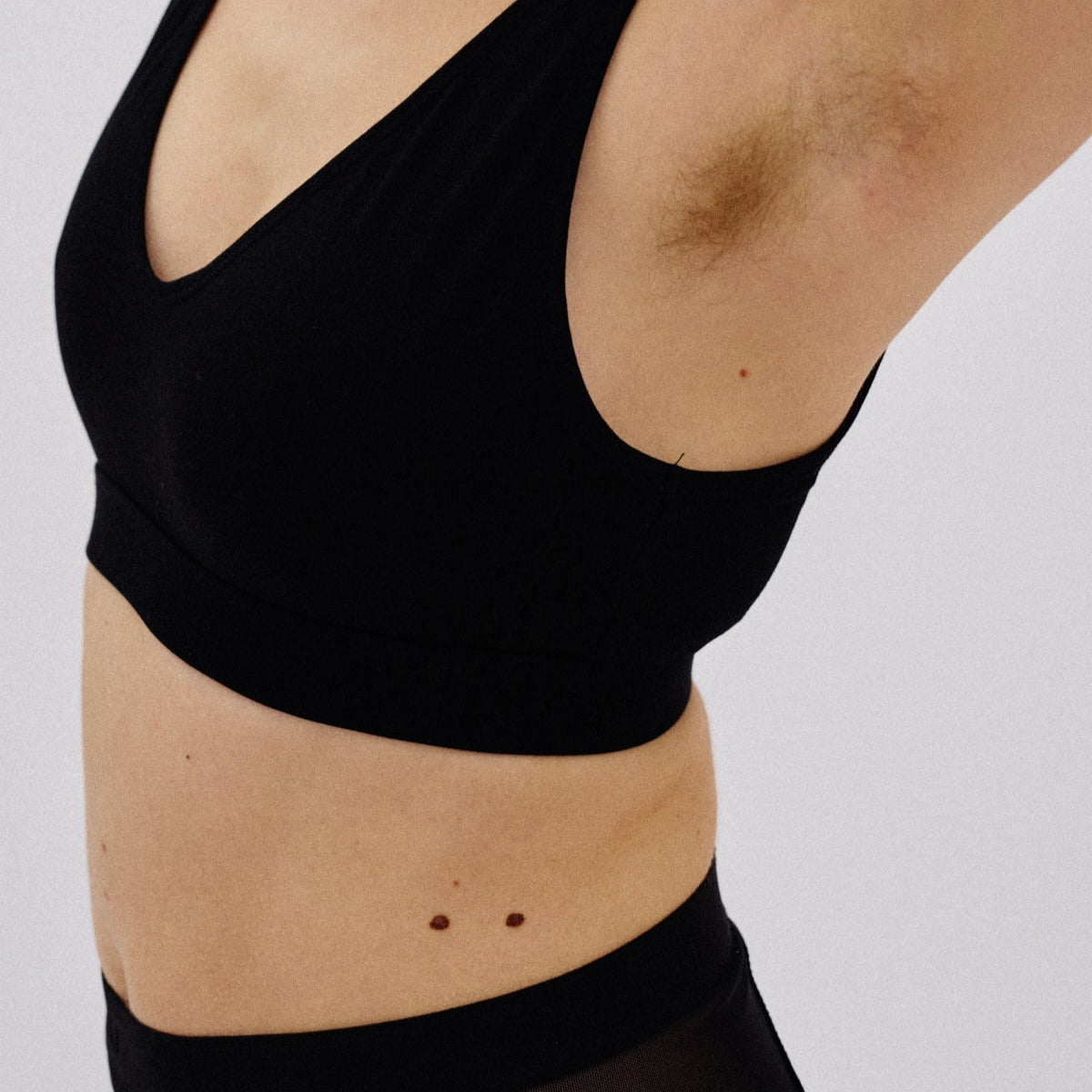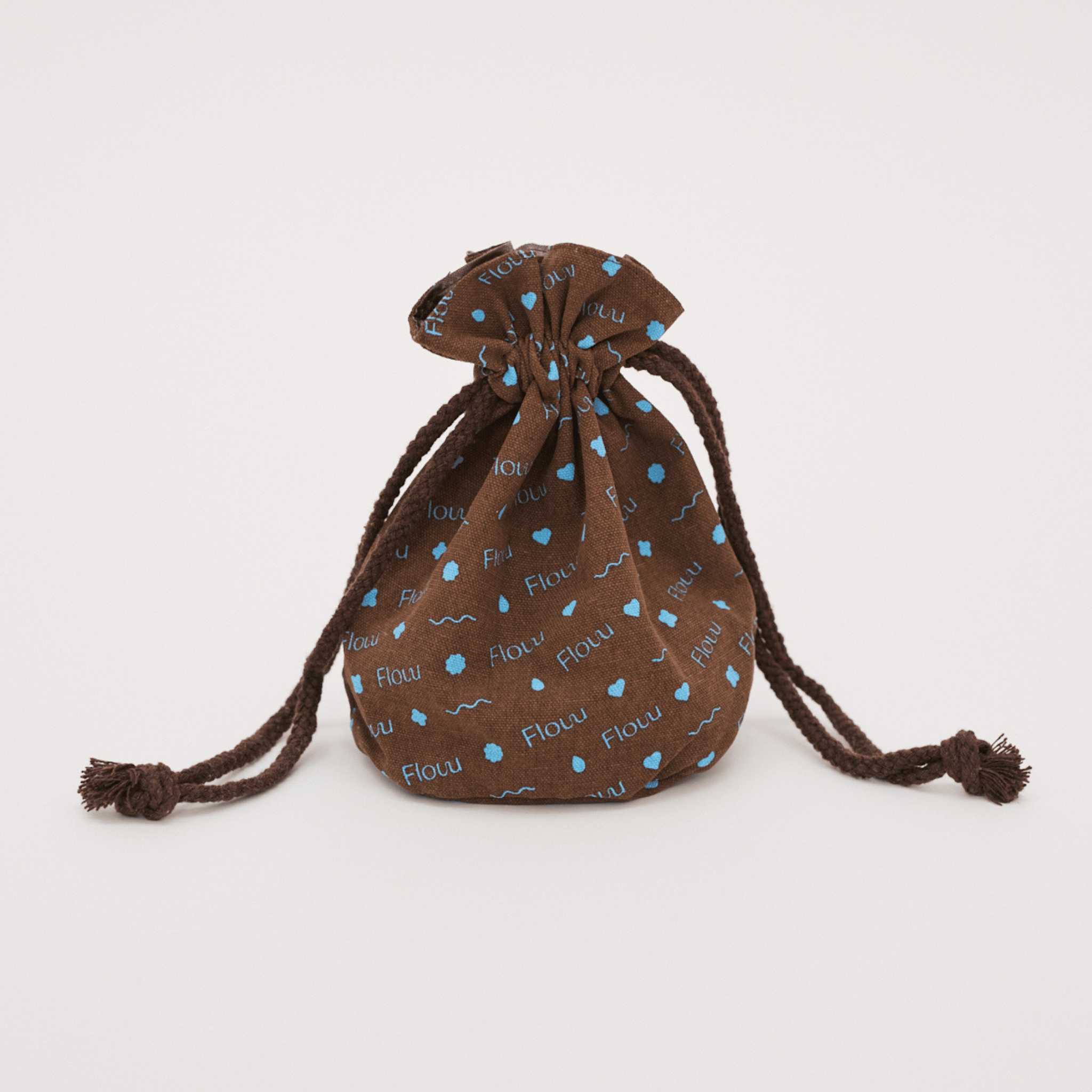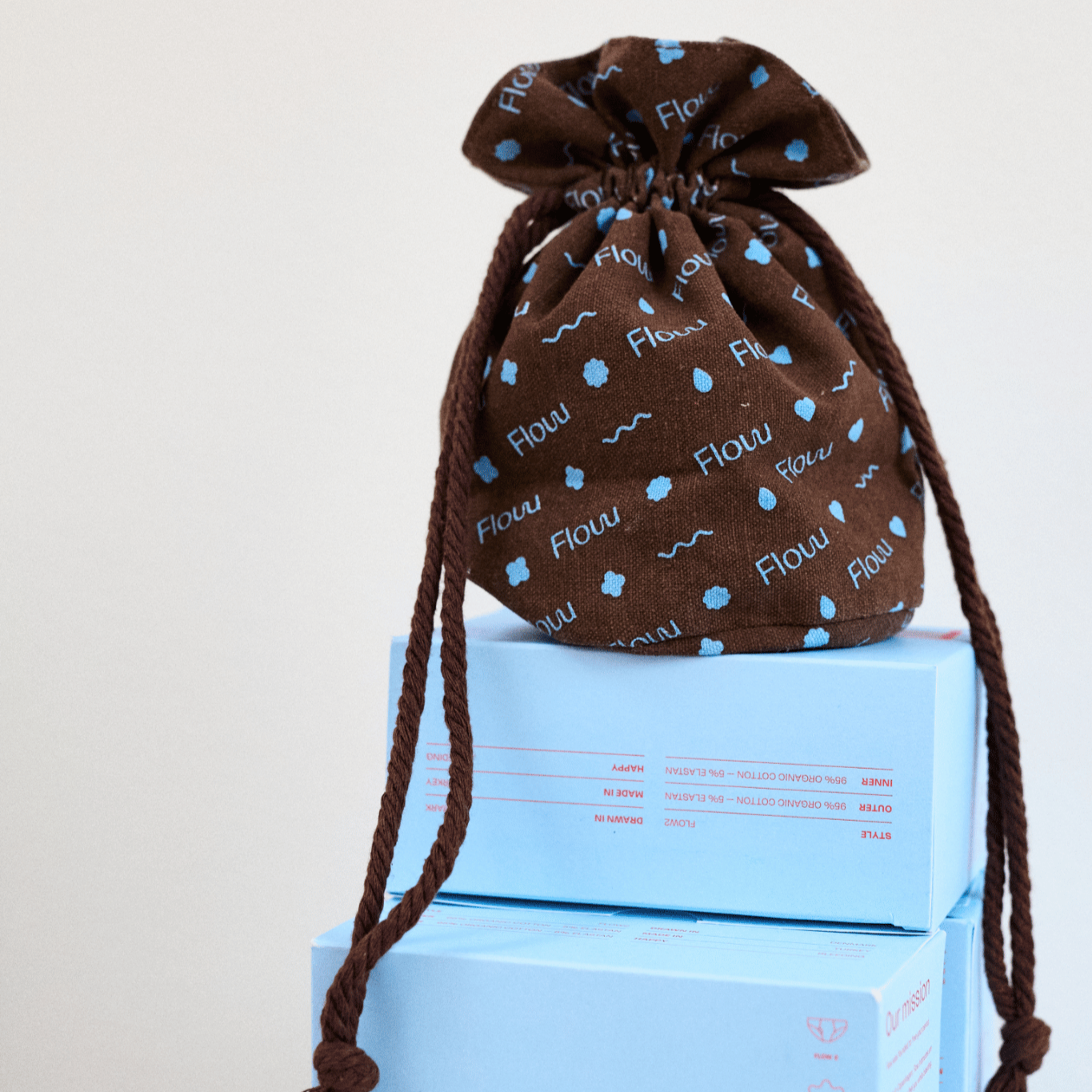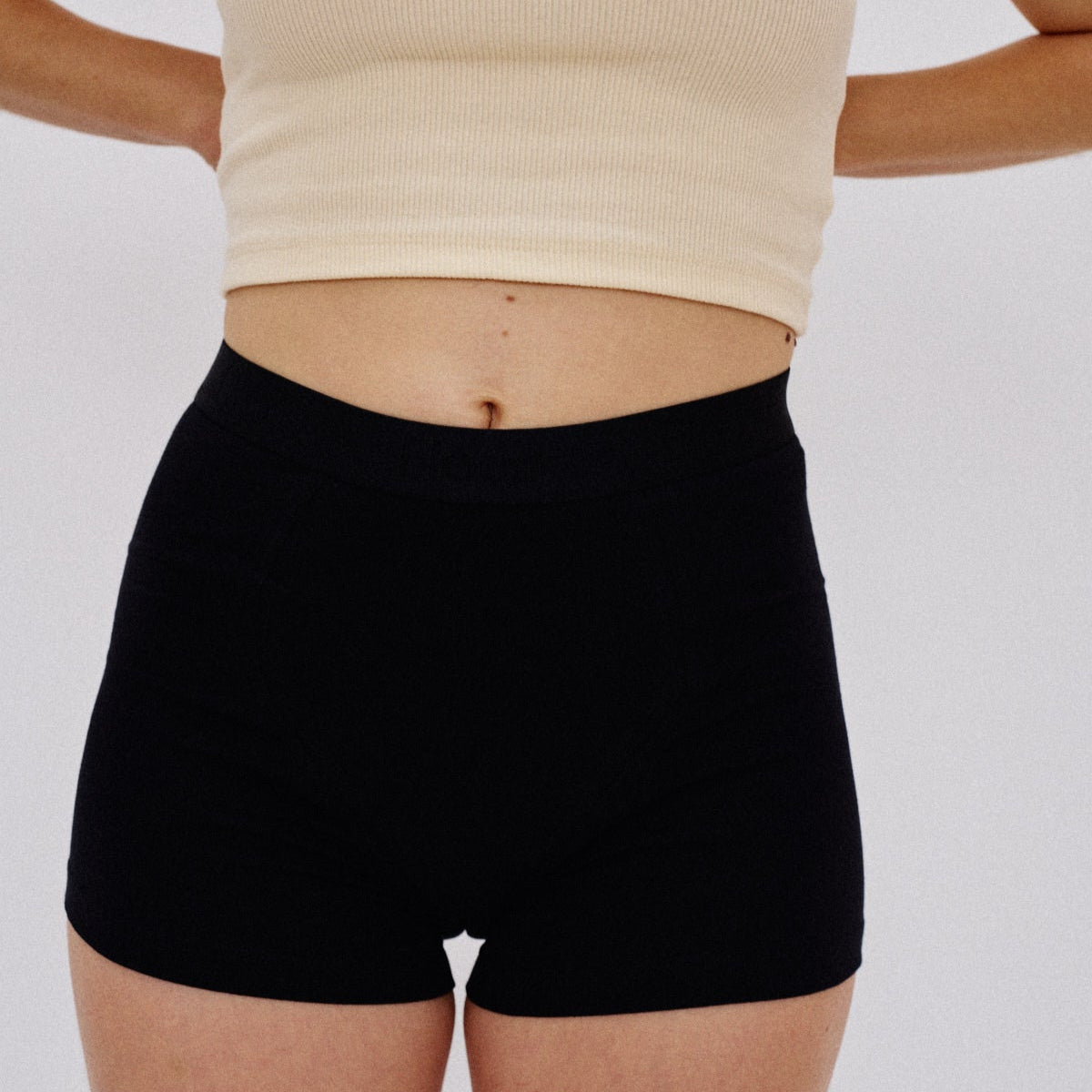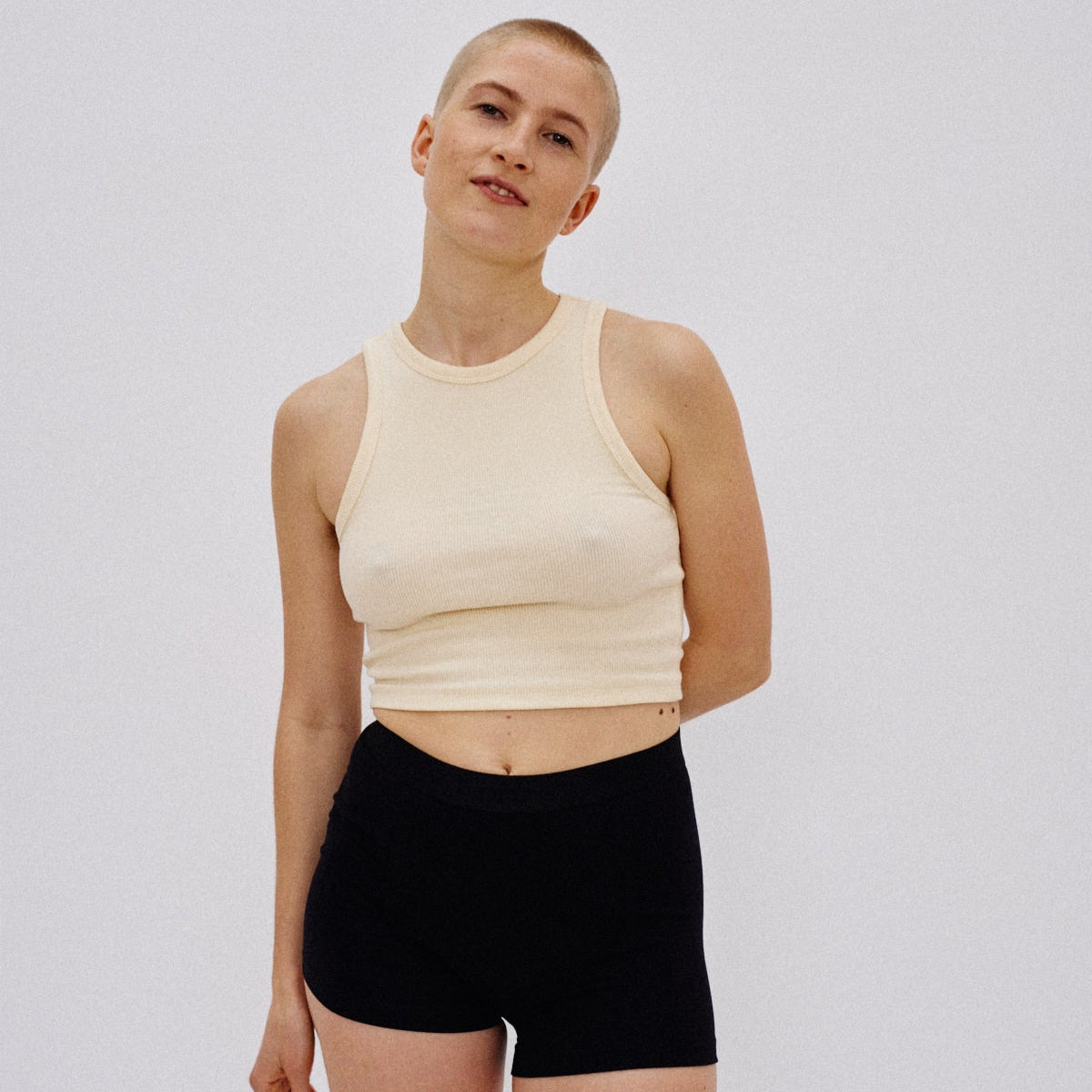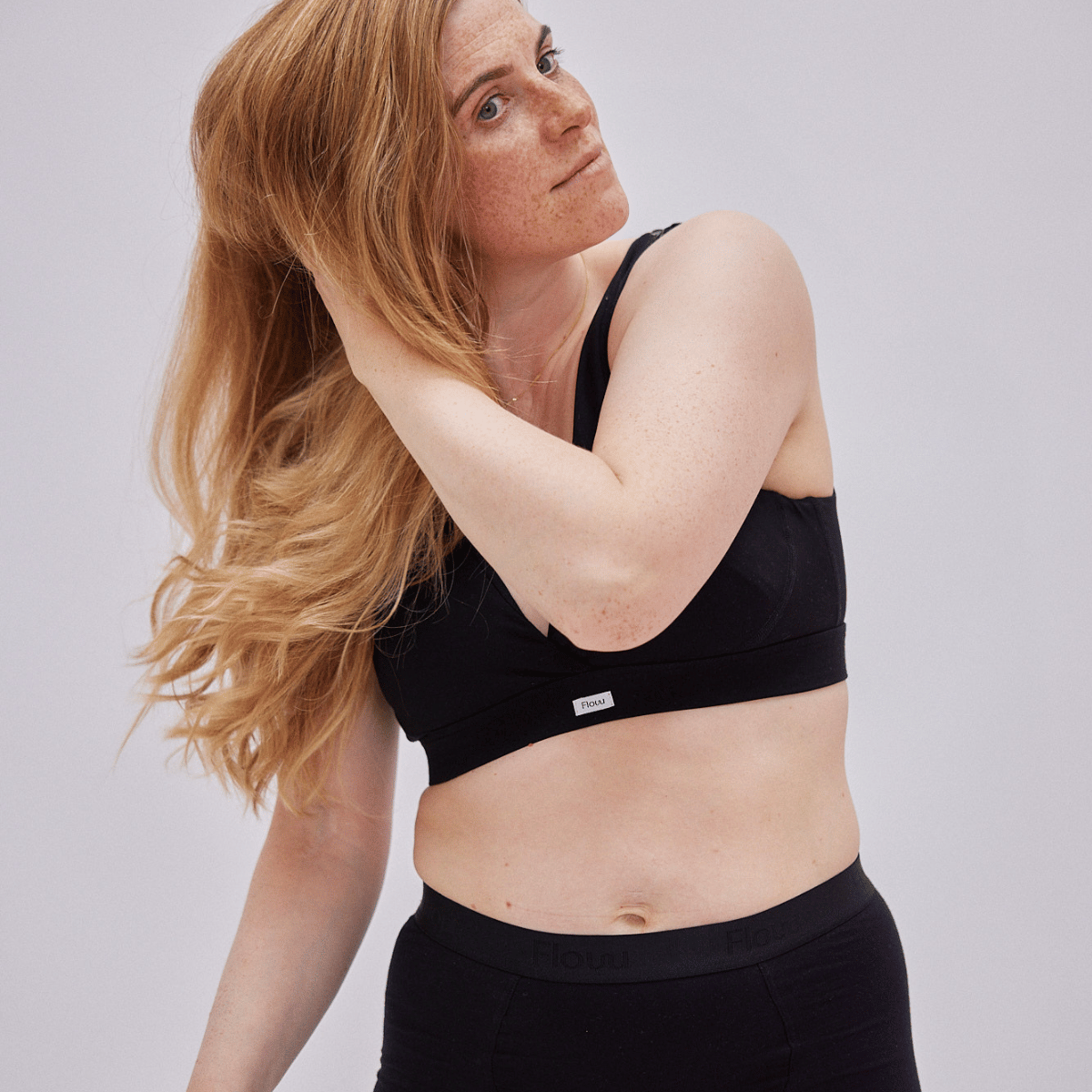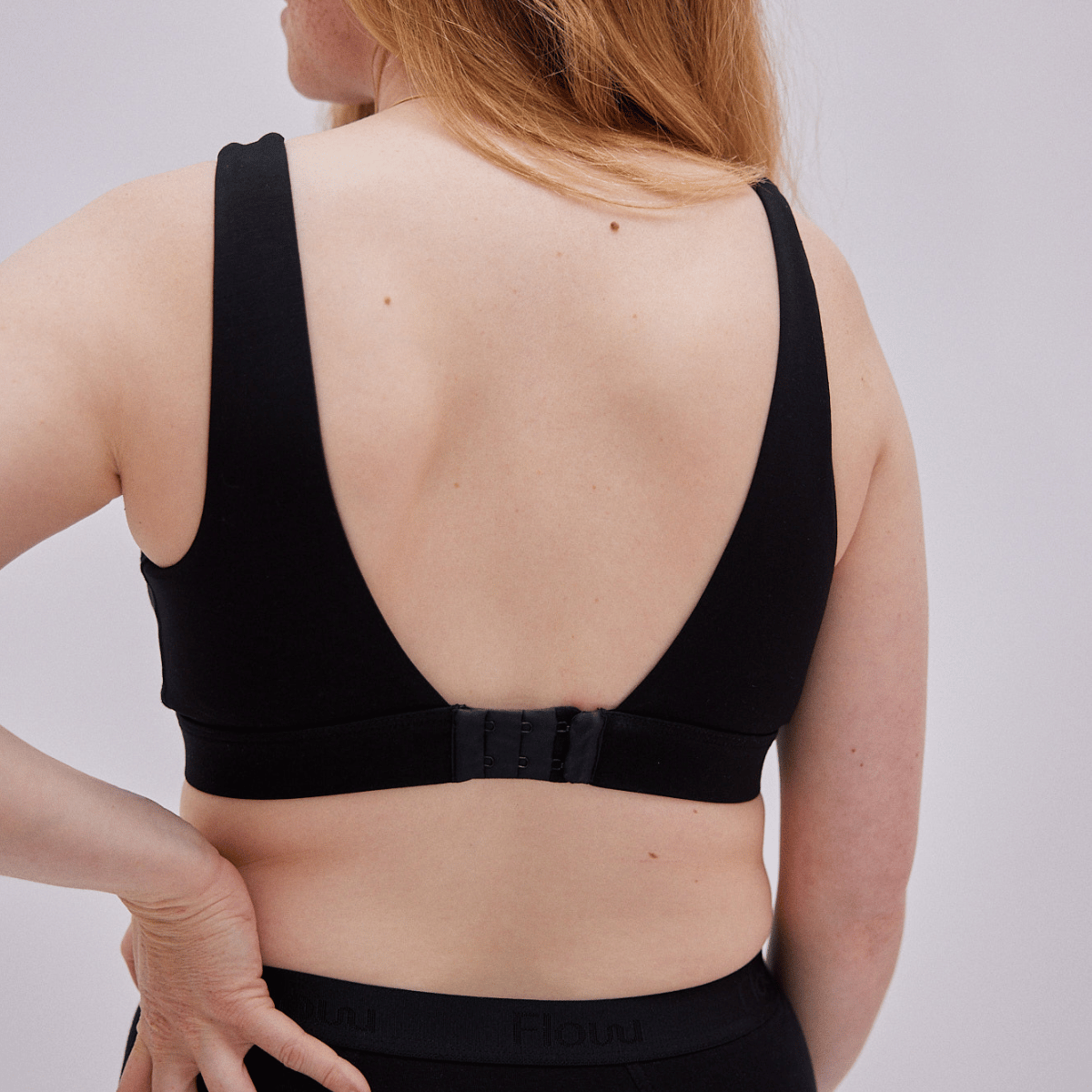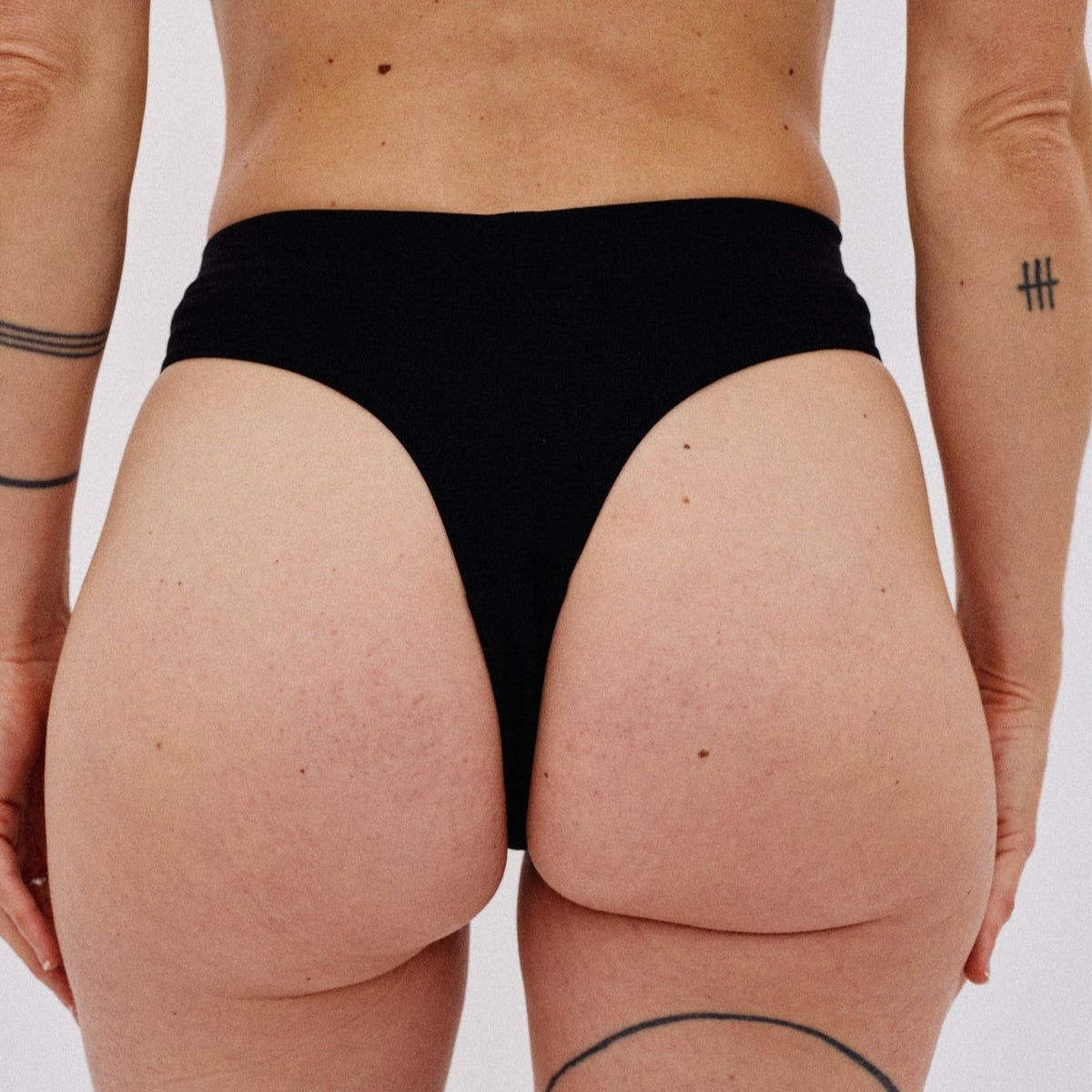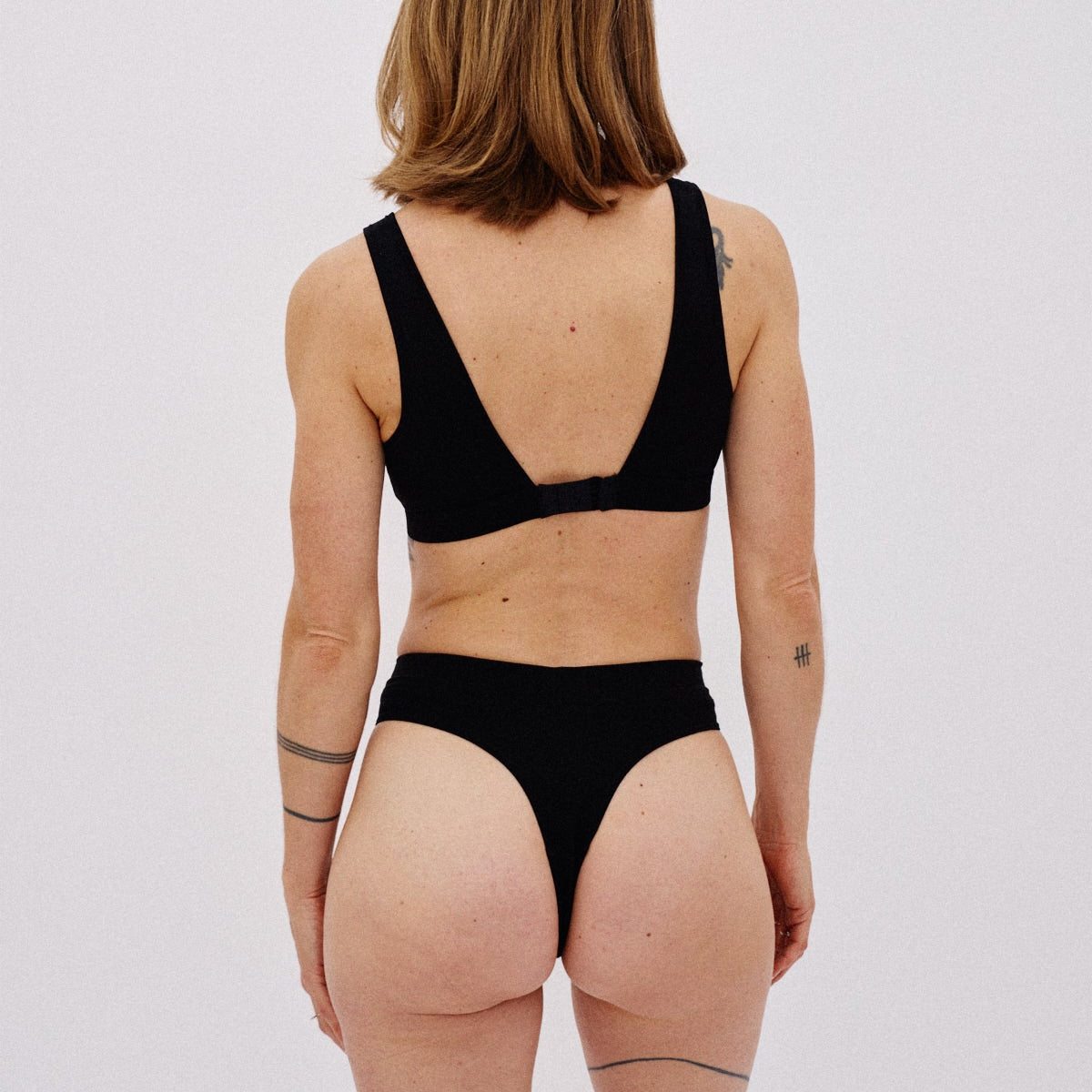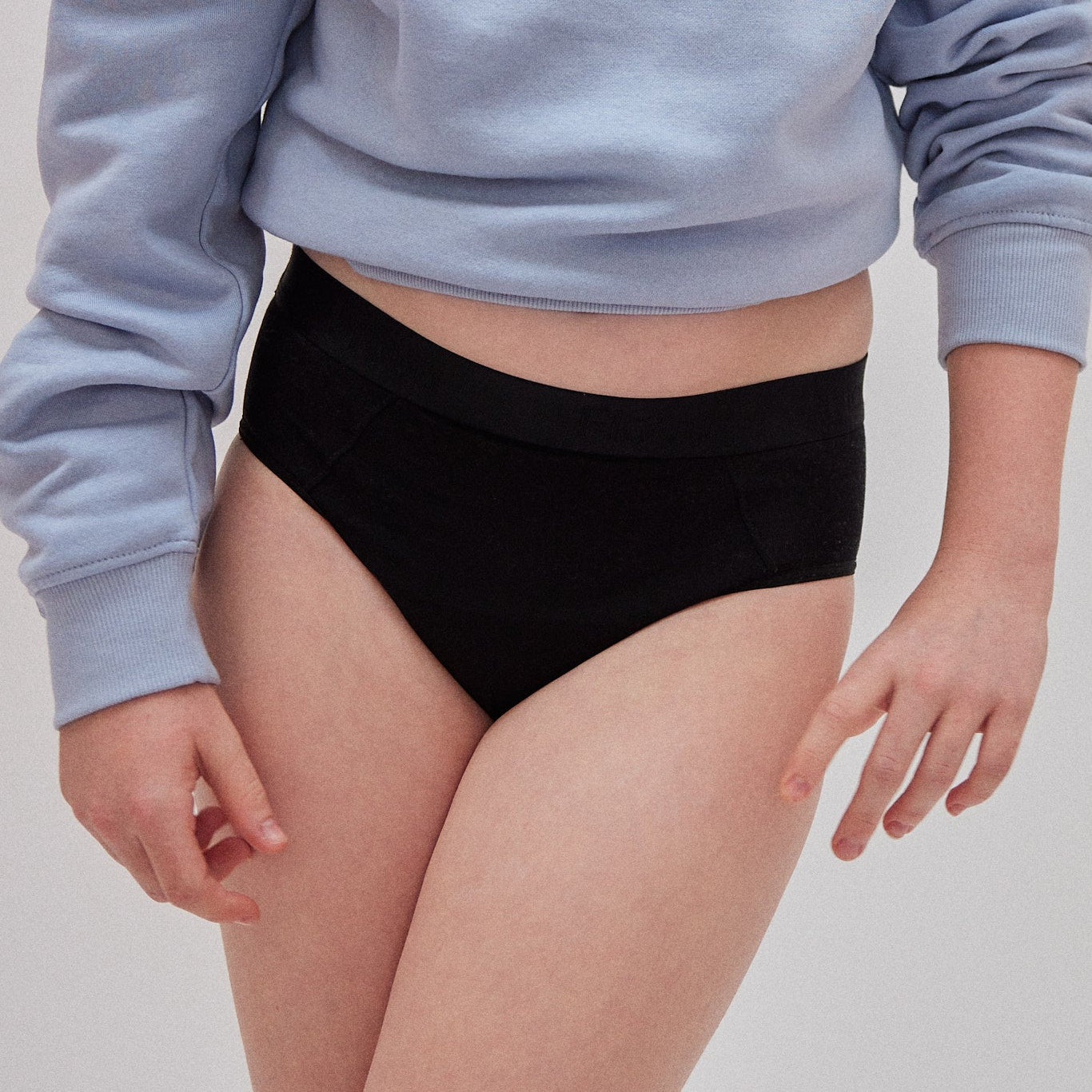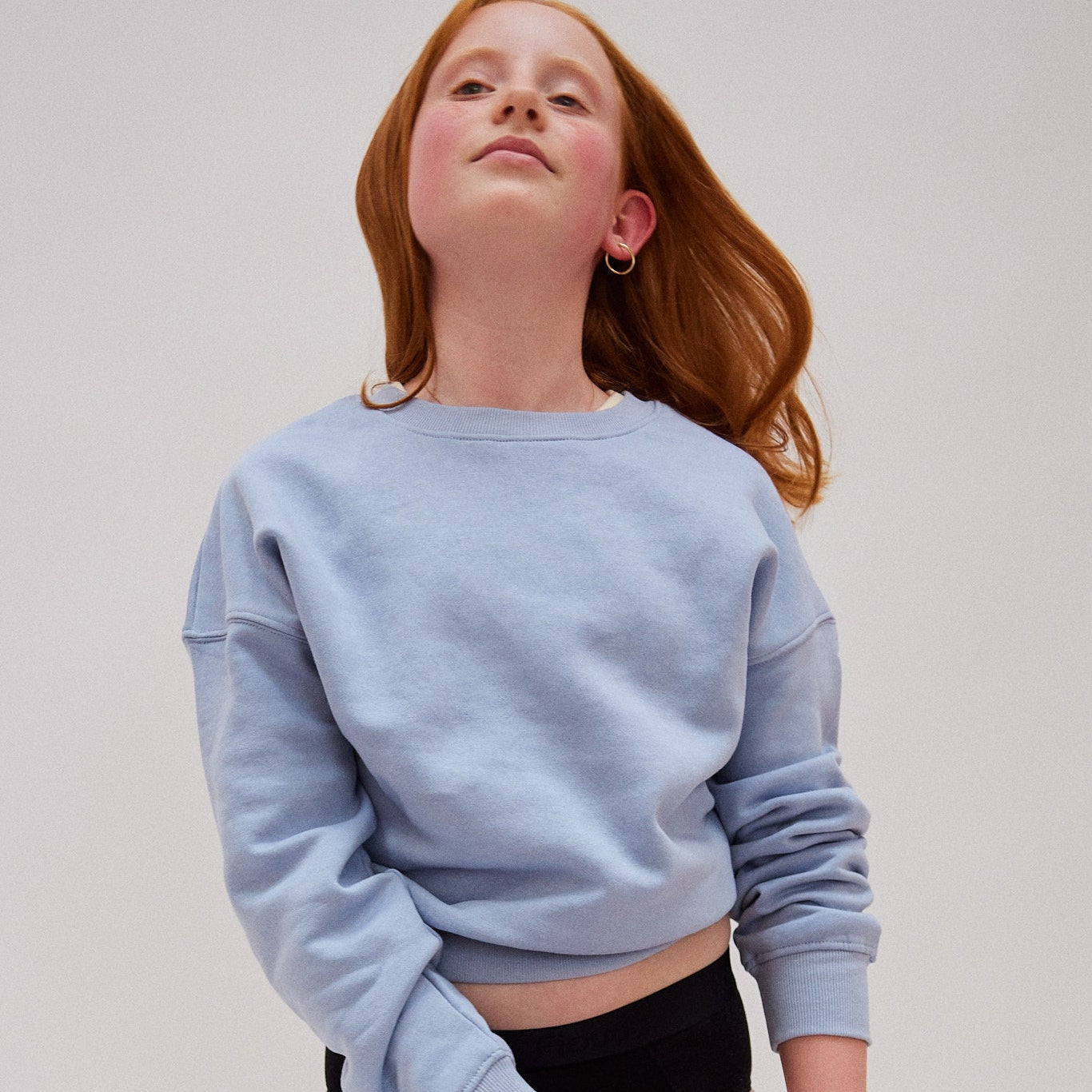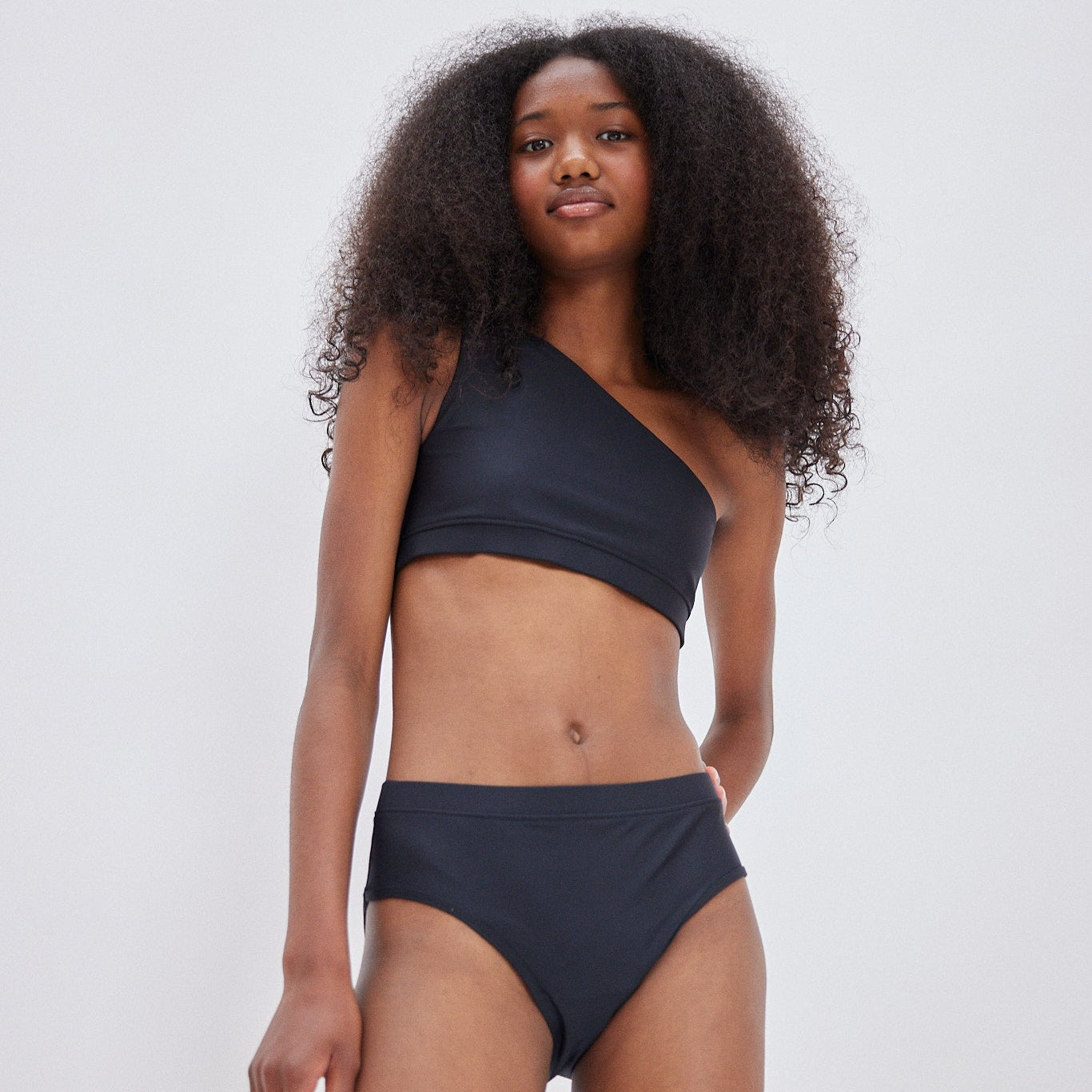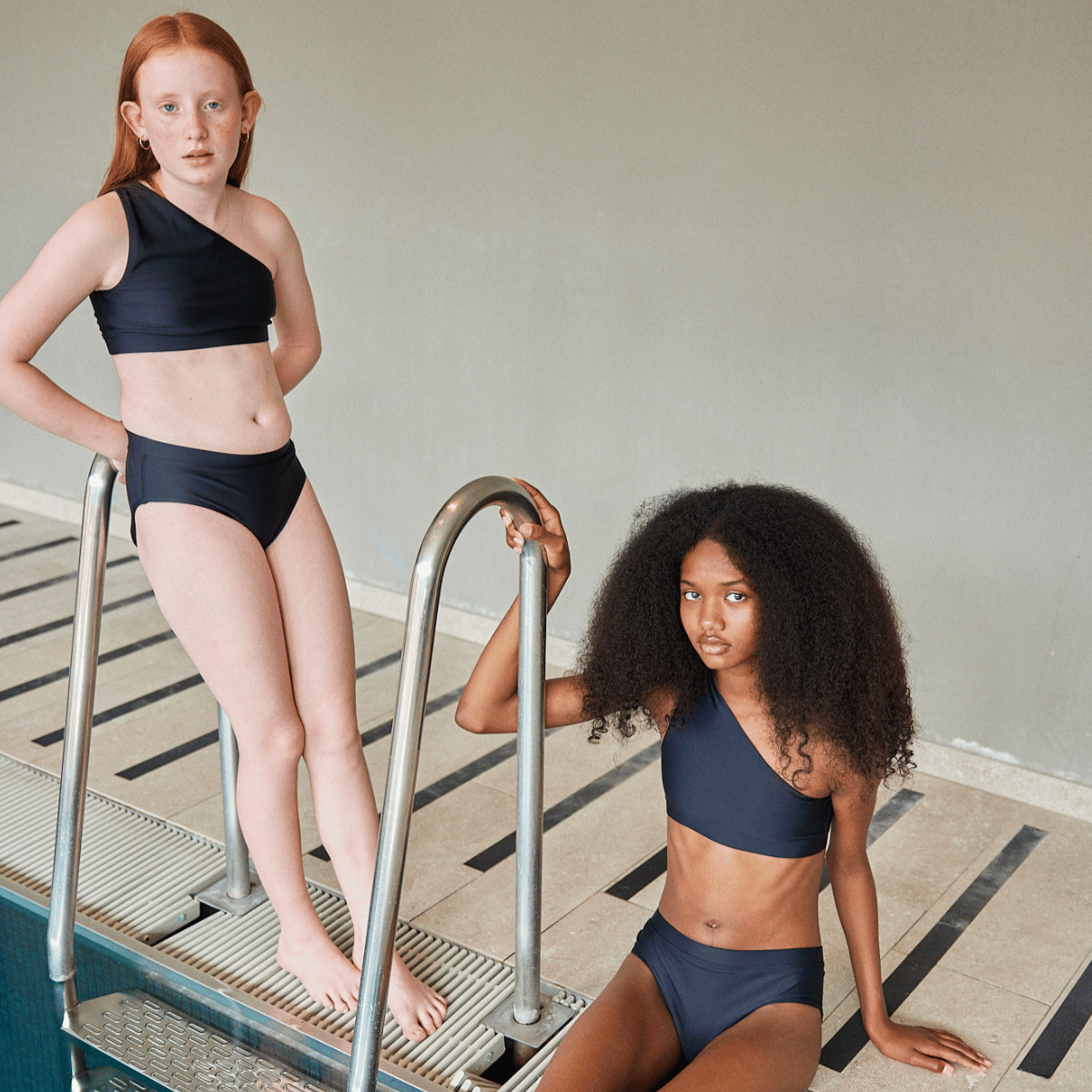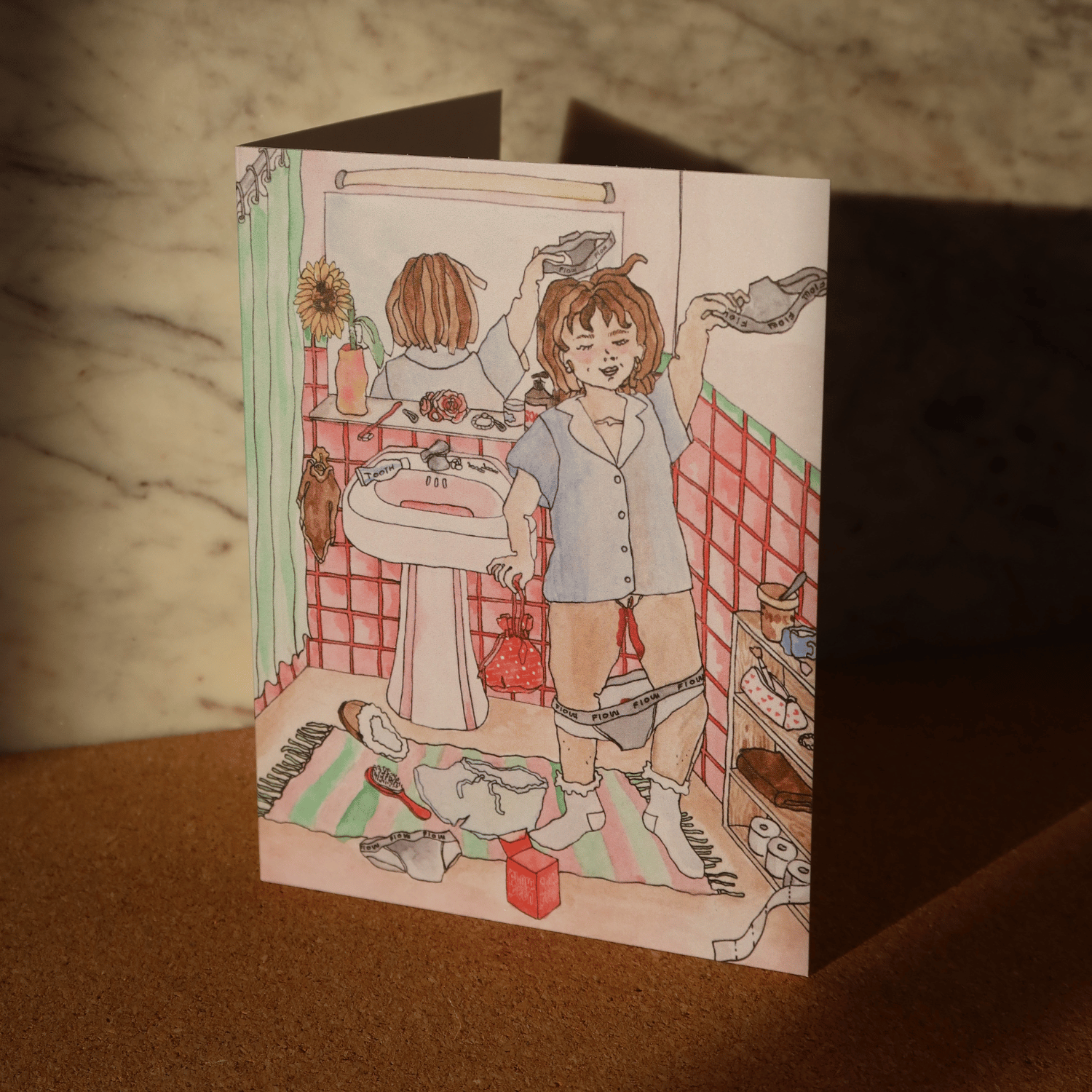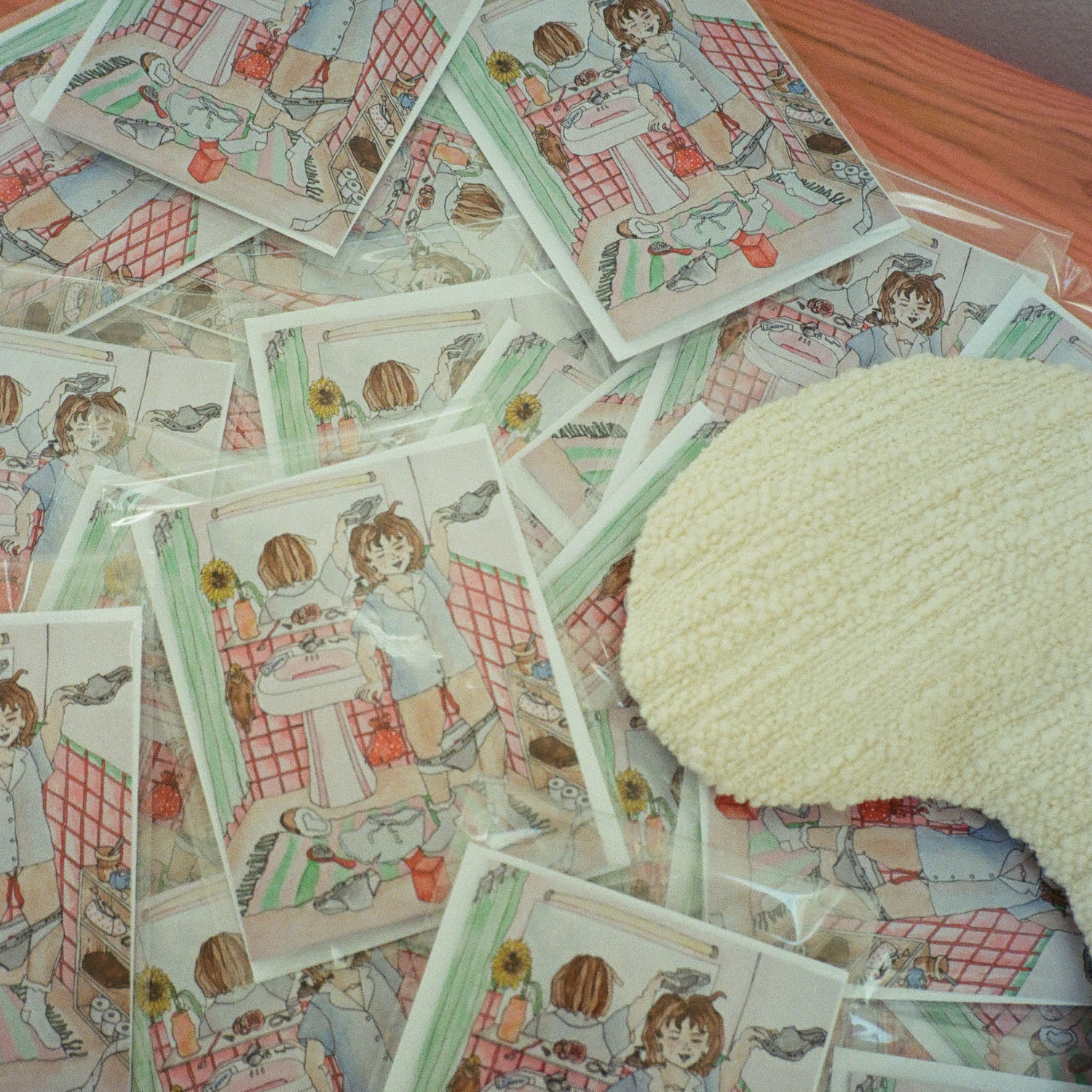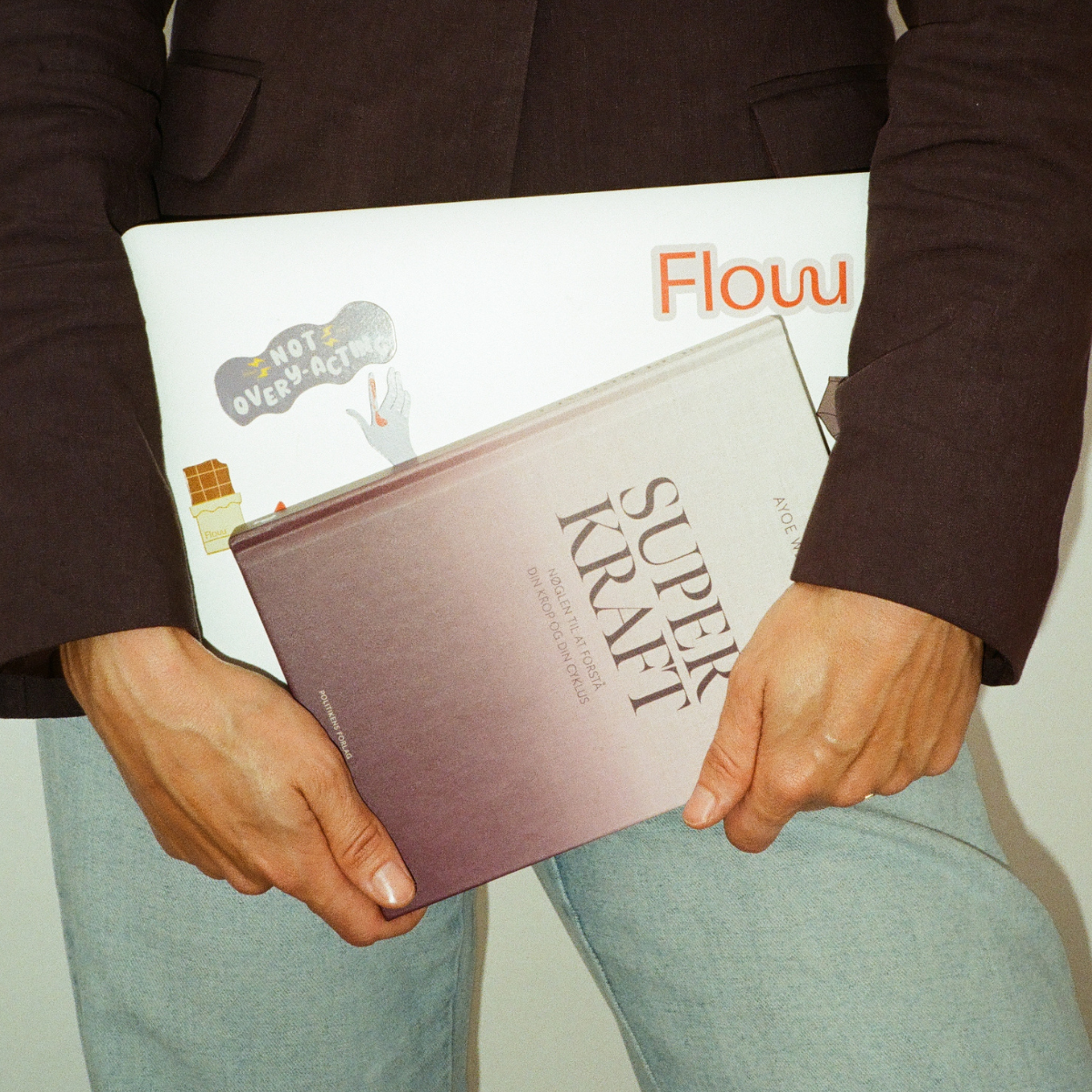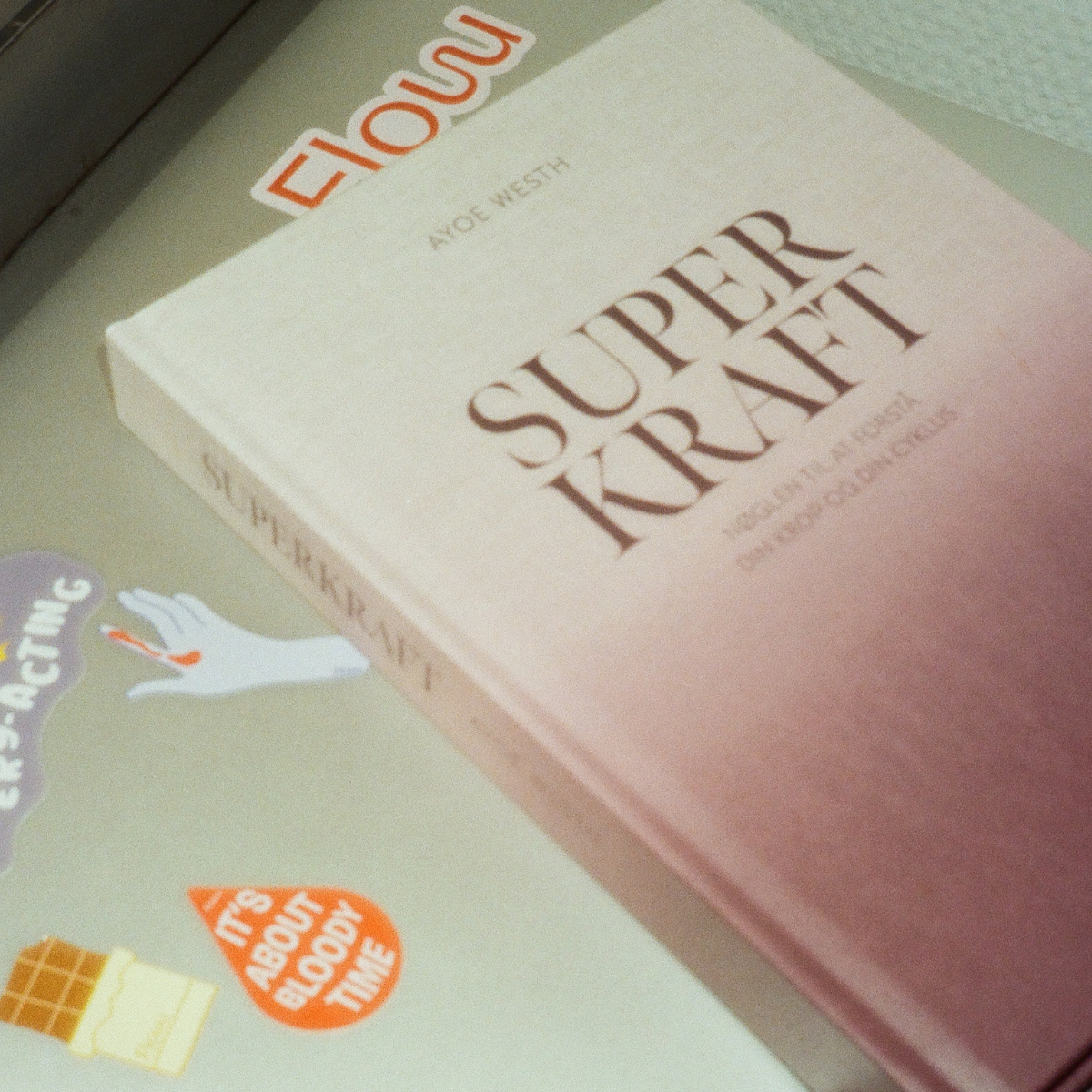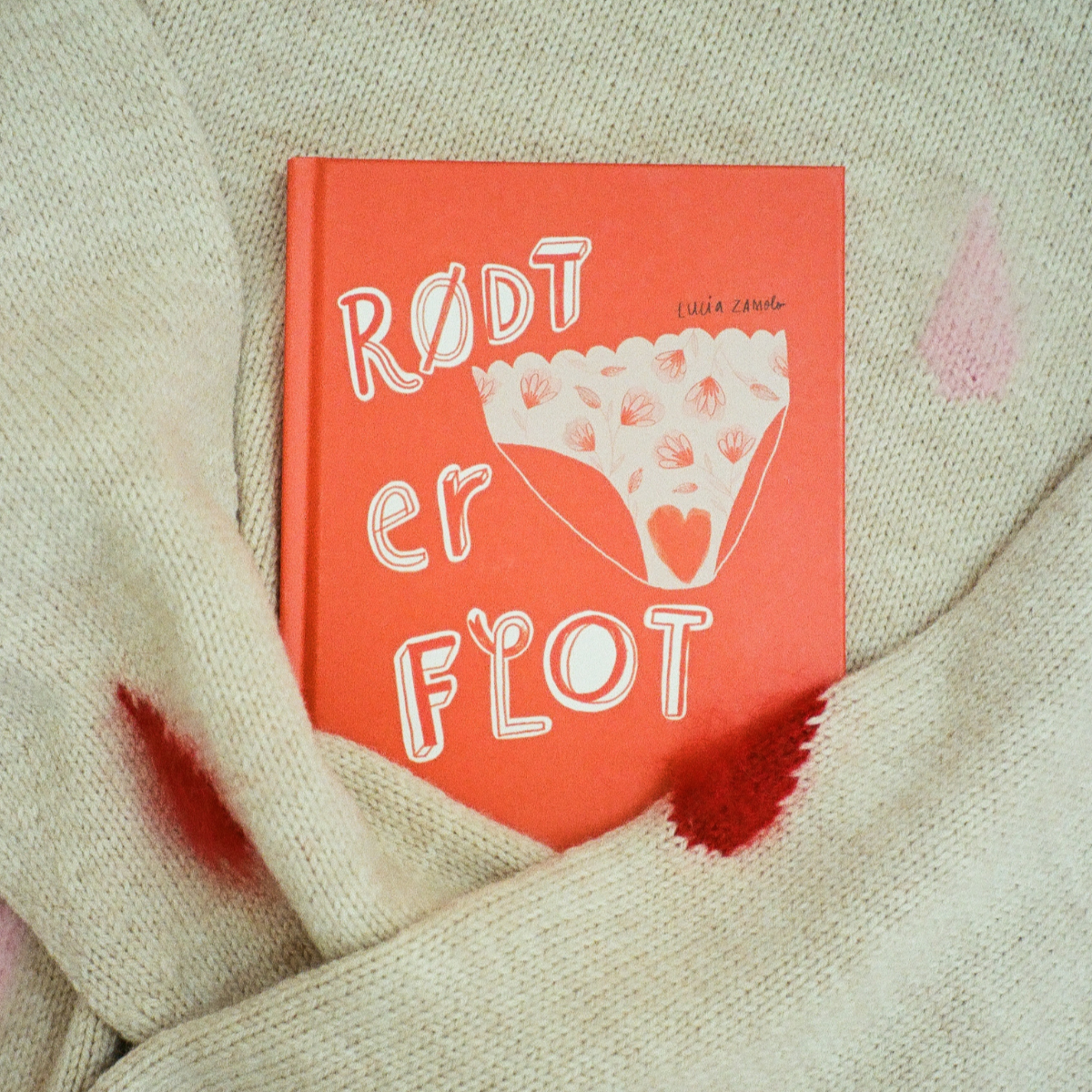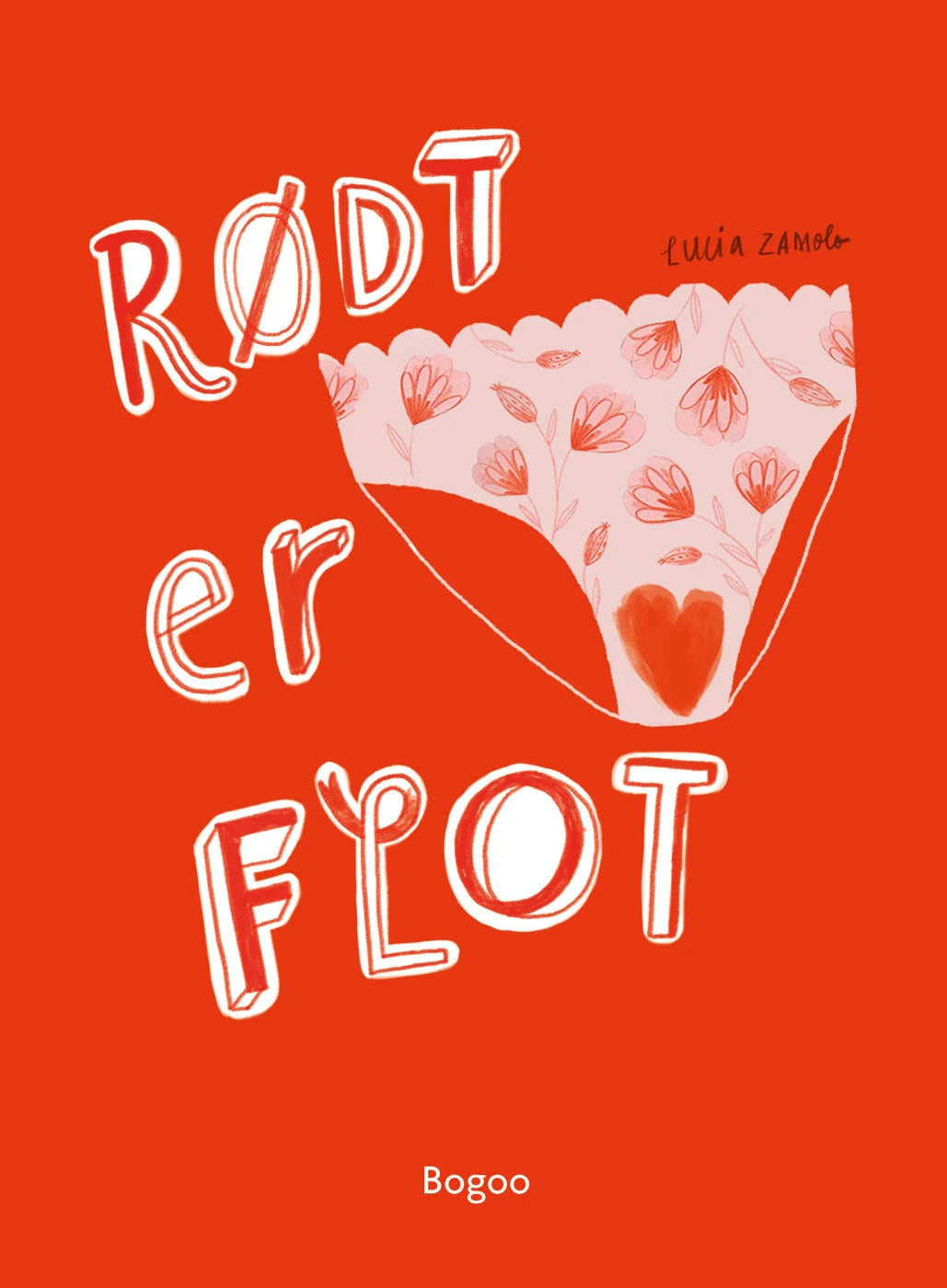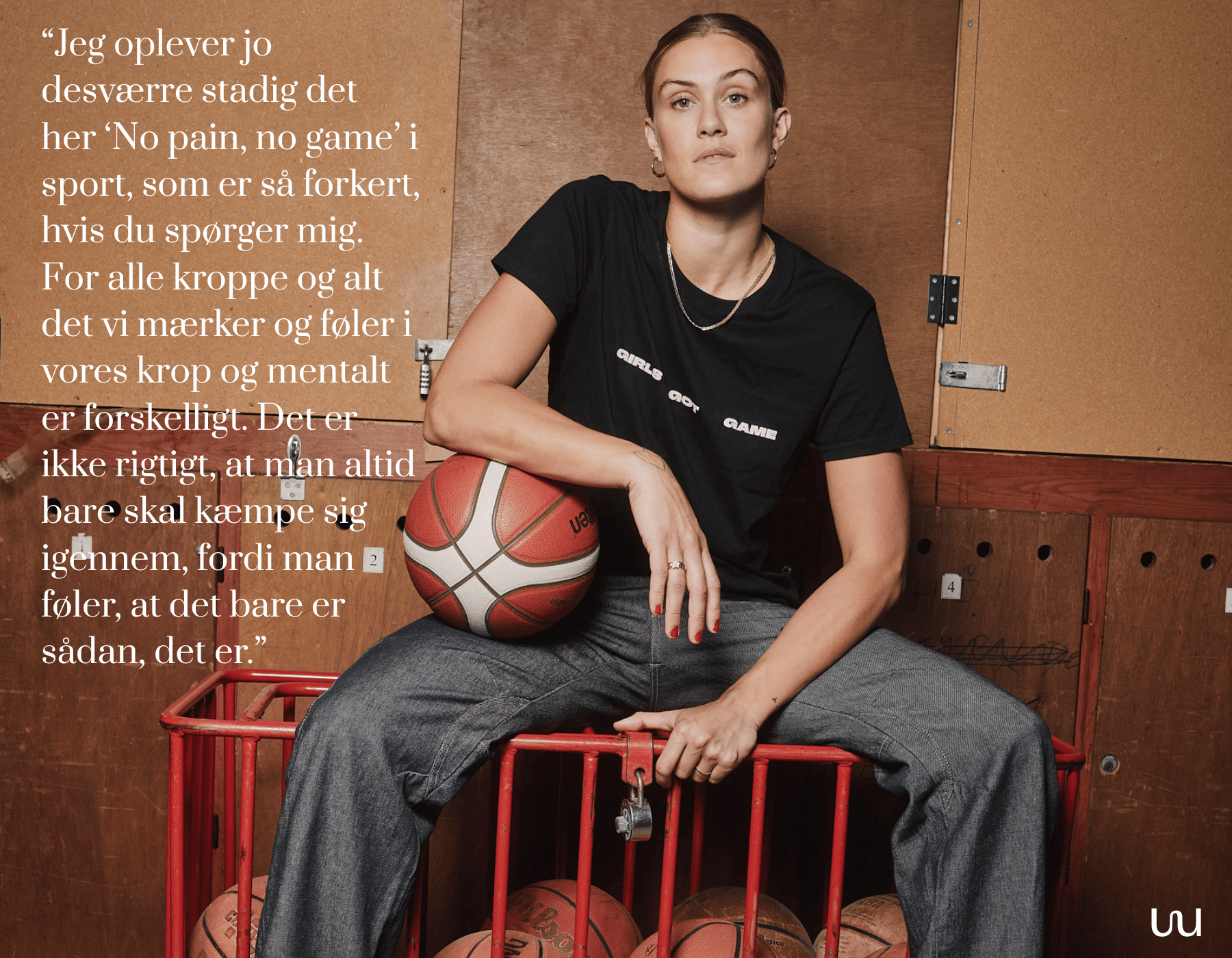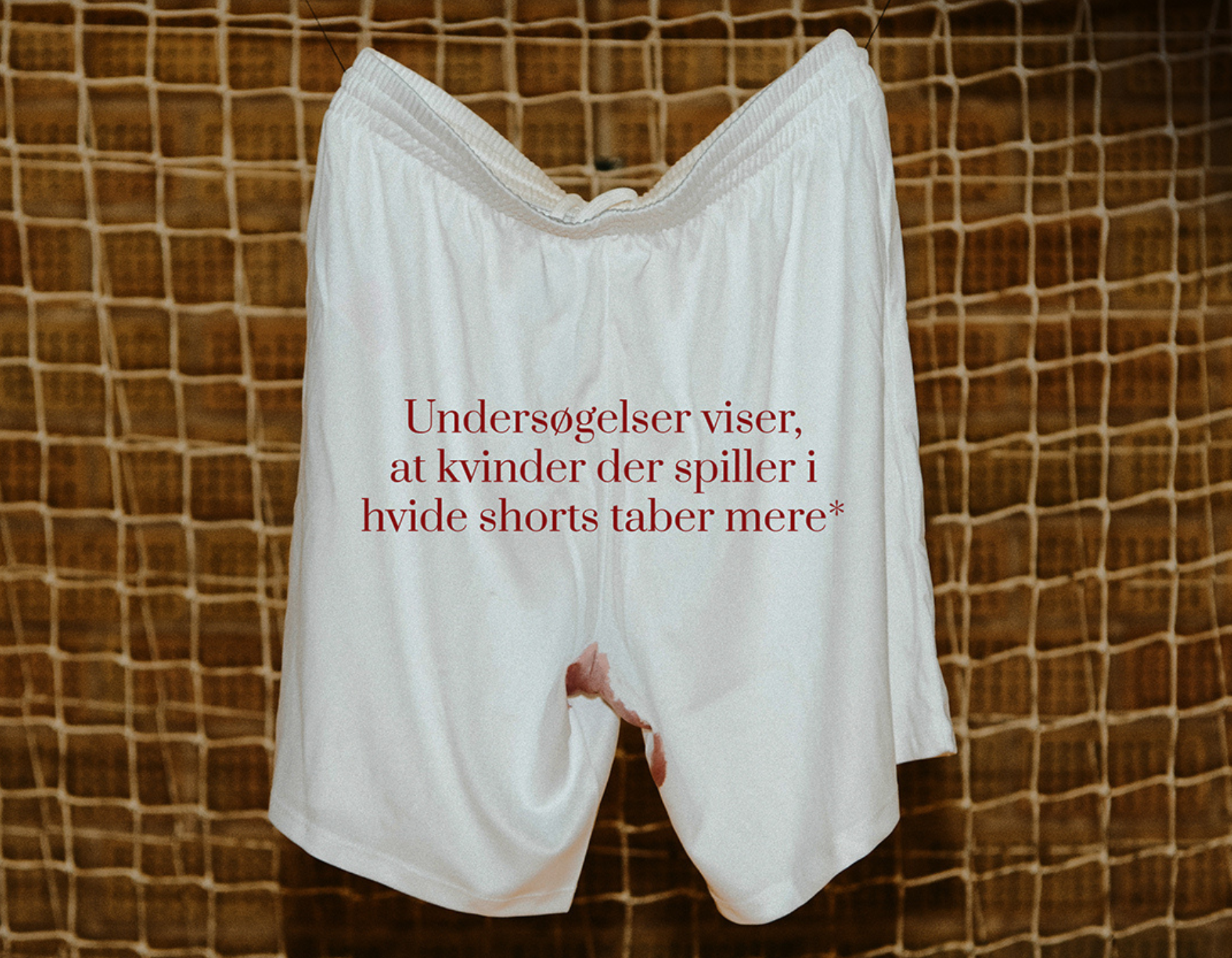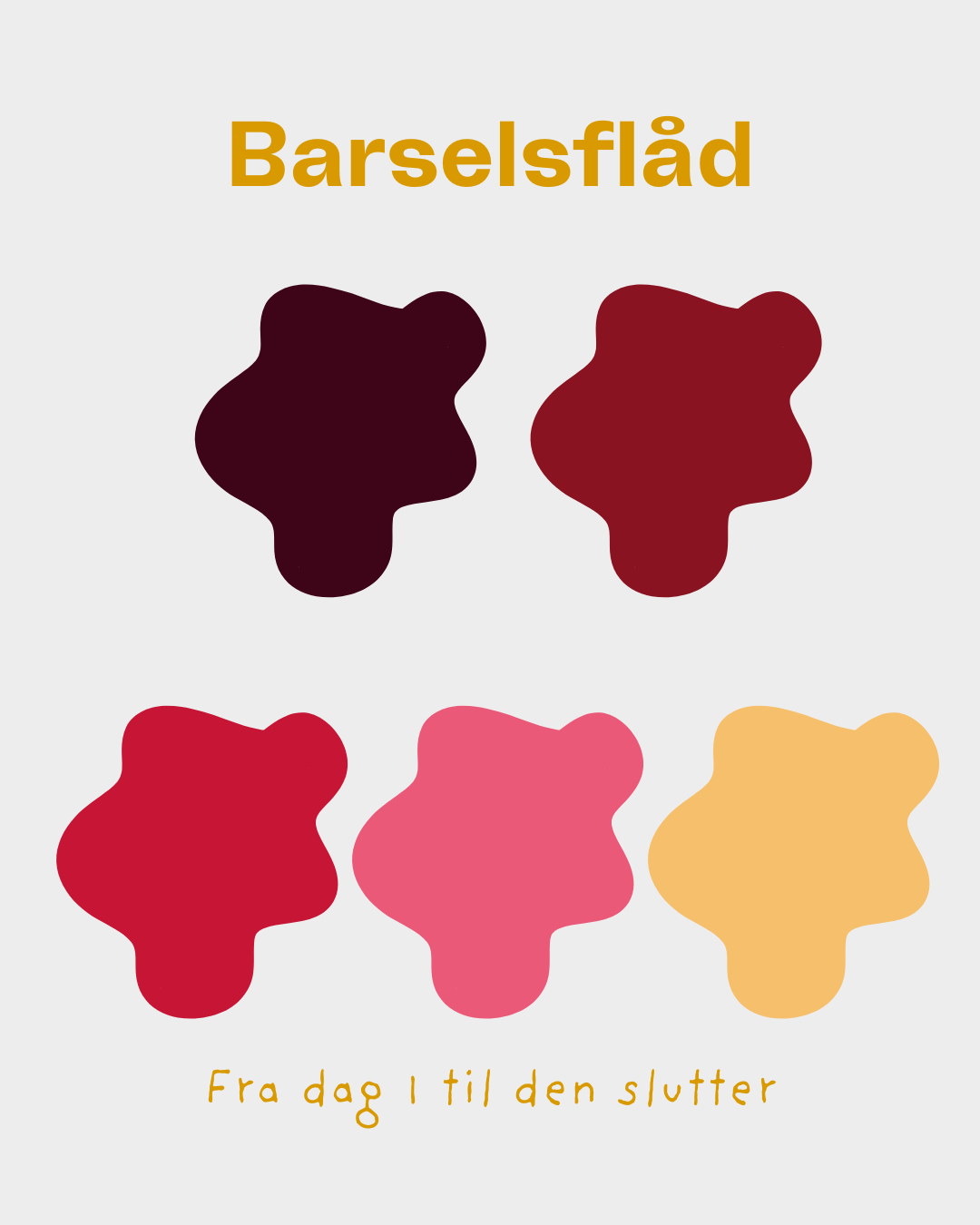From old rags to menstrual panties: A brief history of menstrual products through time
Author: Emma Libner
There are currently a lot of new ideas for the future of menstrual protection. After decades of limited options on the shelves of supermarket hygiene departments, the menstrual cup recently made its entrance, and with it came an increased awareness of sustainable bleeding. Shortly after, menstrual panties broke through (and with them - us!). For those of you who would rather just bleed freely without so many worries.
Today, just a few years later, you can get everything from unisex menstrual underwear to flat menstrual cups - so-called menstrual discs - and even a pad that can screen for diabetes and cervical cancer, among other things. To name just a few of the many innovative products out there...
However, it hasn't always been that way. Far from it, in fact.
A market characterized by cultural norms and taboos
It doesn’t take us many generations to go back before there was no market for menstrual products at all. Not at all. My own great-grandmother, for example, grew up in a time when the standard method of dealing with monthly bleeding was old rags cut from old fabric scraps. When English speakers today refer to menstruation with the slang term “being on the rag,” it’s a direct relic from the old days.
It was actually not until the late 1800s - at the same time as the modern breakthrough - that the first commercial menstrual pad saw the light of day. However, the disposable pad was not a great success. Perhaps because the taboo surrounding menstruation at the time prevented women from buying them for fear of signaling to the public that they were menstruating.
If you think today's advertisements for pads and tampons with blue liquid are like squeezing a lemon, then be glad you weren't alive when my grandfather was young; in the 1920s, several manufacturers of commercial disposable pads came up with the idea of printing so-called "silence coupons" in newspapers and magazines, which could be cut out and given to the person behind the cash register at the pharmacy. With a silence coupon in hand, menstruating customers could completely avoid saying the word "pads" or "menstruation" out loud when they had to buy extra supplies for their bleeding uterus!
New menstrual products are gaining ground
As women got used to buying and using the new mass-produced pads, new products slowly began to emerge. With the experimental spirit of the interwar period came the first usable commercial menstrual cup and tampon - in that order.
Back in 1867, a Chicago guy named SL Hockert patented a device that might be best described as a gruesome precursor to the modern menstrual cup: a small condom-like pouch attached to a belt by a string. He called it a “catamenial sack,” and if that sounds a bit like a catastrophe to you, it’s probably because the little Greek prefix – “kata” – is the same as the one in the word “catastrophe”…
Fortunately, Hockert's catamenial sack remained an idea. So did a long list of designs that other men of his time tried. Ultimately, it took a woman, the American Leona Chalmers, to come up with the perfect - and not least comfortable - menstrual cup design that we know today. Chalmers' menstrual cup, however, had a short life when a new world war broke out and put an end to production. In return, she paved the way for more women to take part in the innovation of products designed for menstruating women.
Menstrual technologies of the future
That leads us to menstrual panties. Because as you might have guessed, menstrual panties are also largely an invention pioneered by female entrepreneurs (like our own Cathrine here at Flow). From the first menstrual panties went on sale in the 1990s until today, women have been at the forefront of designing, developing and producing menstrual-absorbent underwear. Maybe that's a contributing factor to the booming market for new products targeted at those of us with a menstrual cycle?
One thing is certain, though: We've only seen the tip of the iceberg. At the time of writing, analysts predict that the global market for menstrual products will grow by as much as 9% per year through 2030. So the curve only goes one way, and that's up.
In other words, there are plenty of exciting and innovative products out there just waiting to see the light of day. And we can't wait to see what exciting, cool (and actually useful!) menstrual technologies the future holds.

